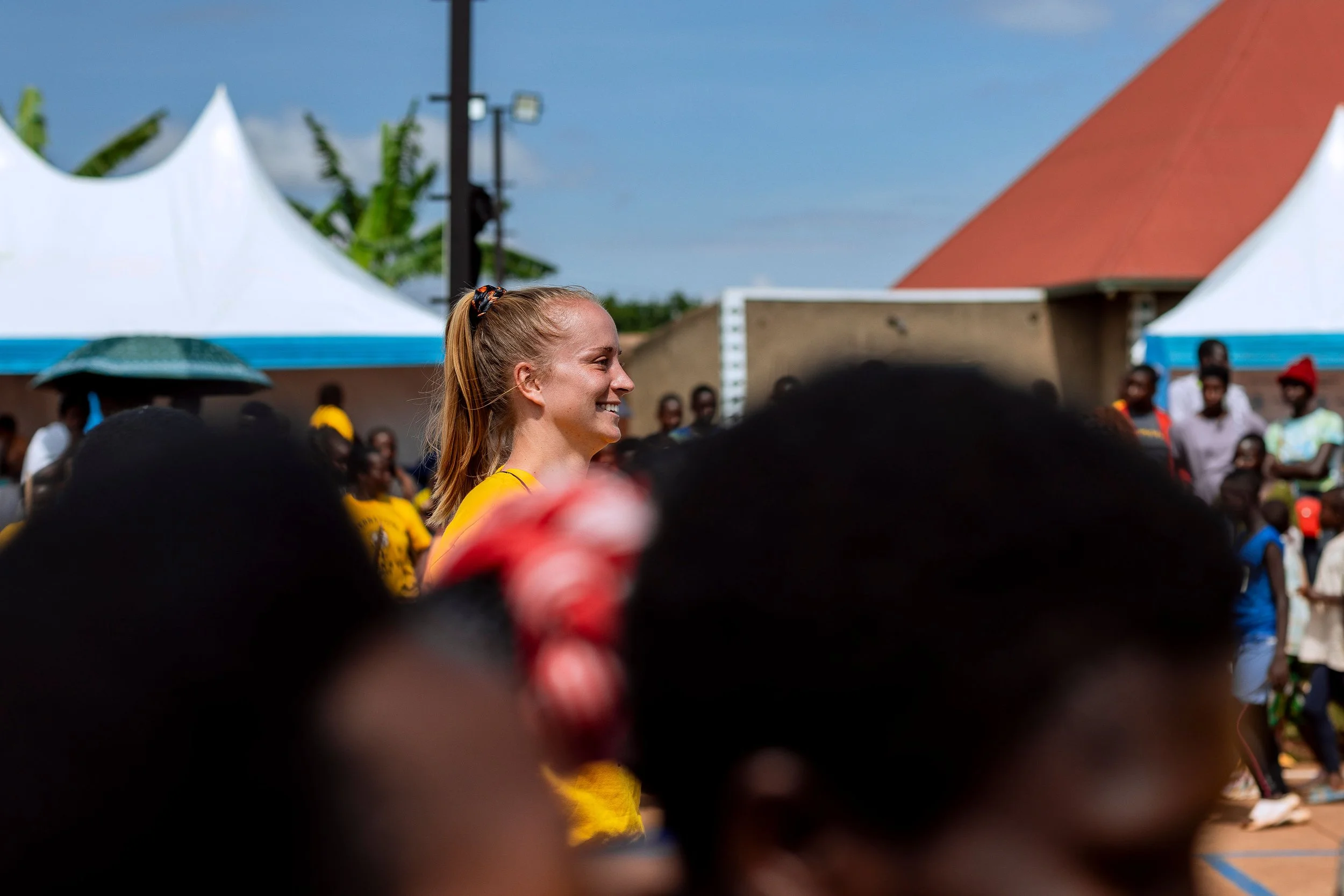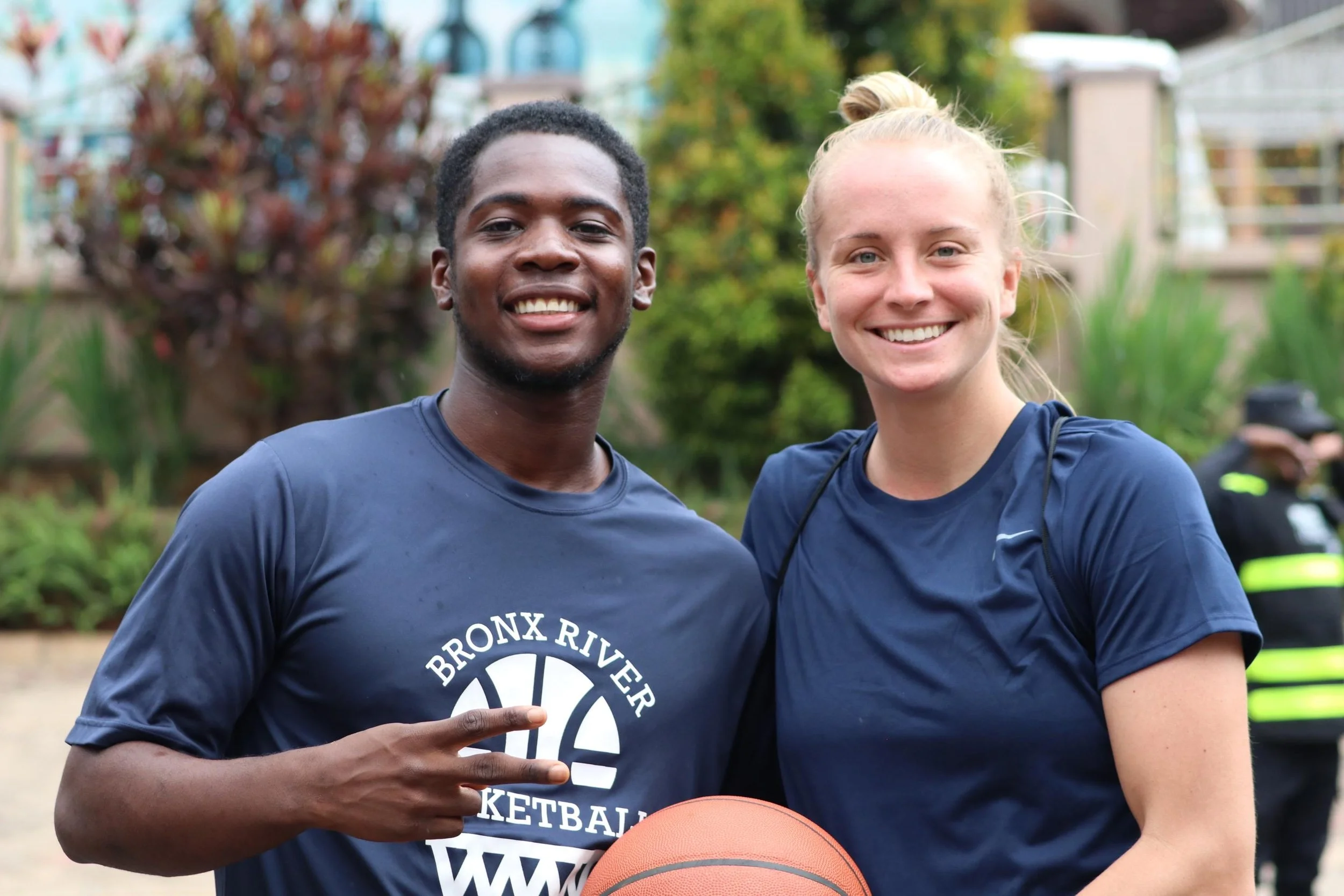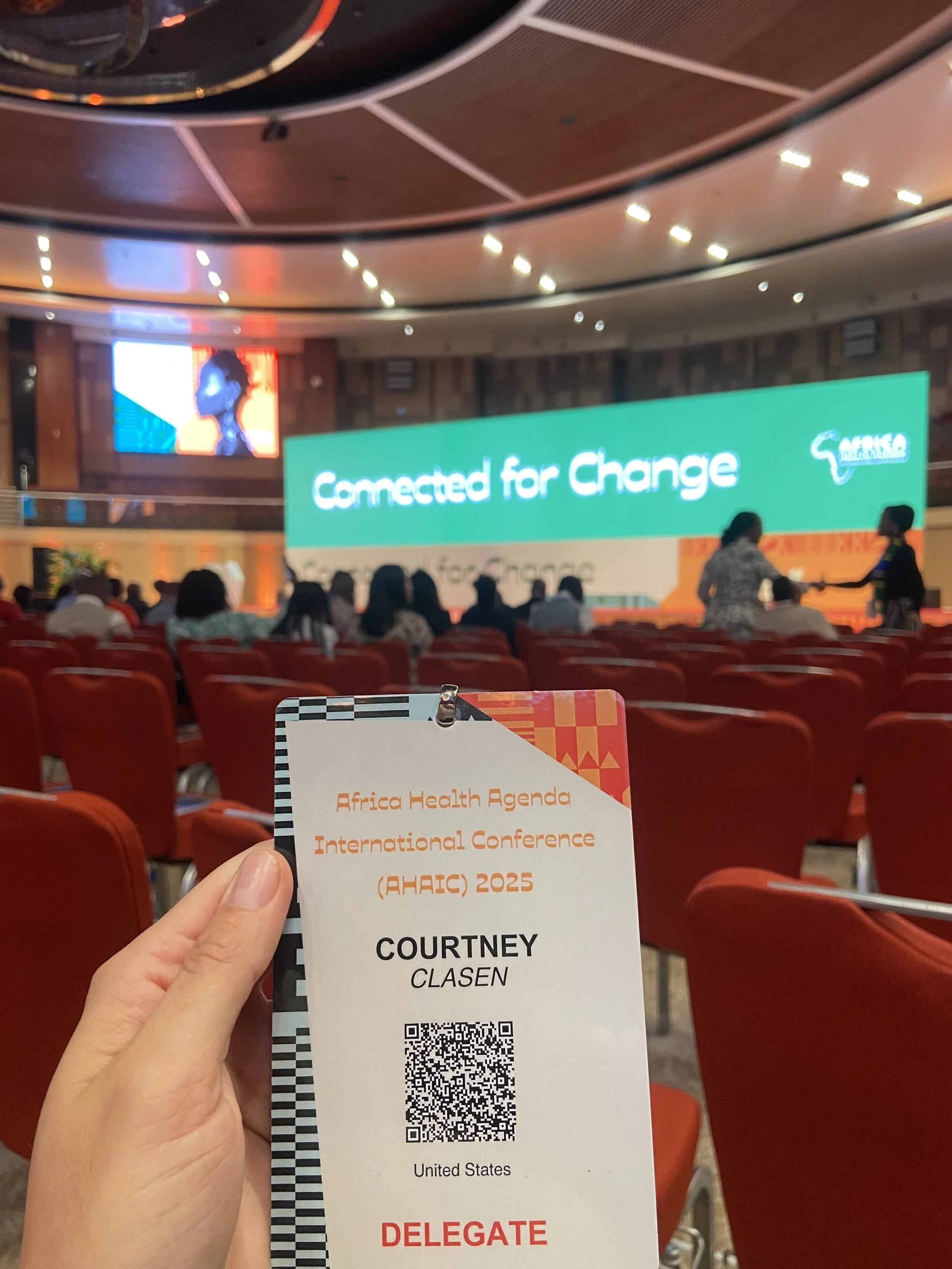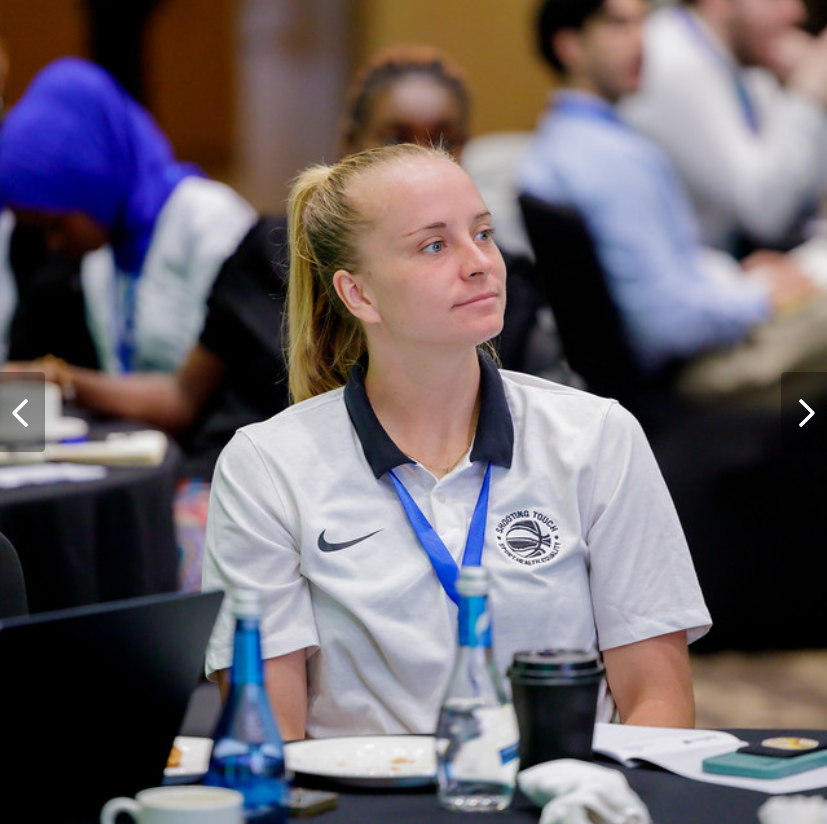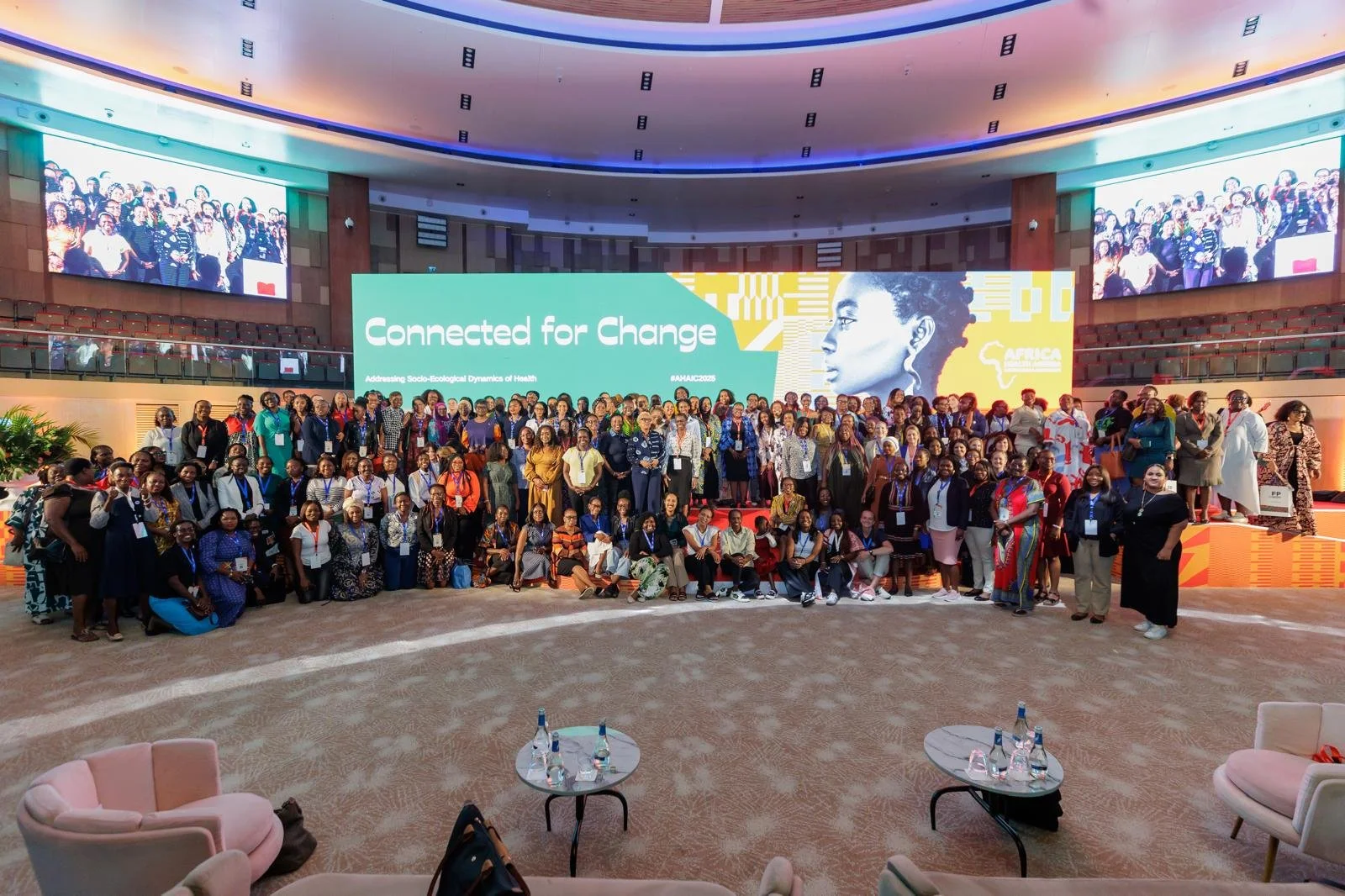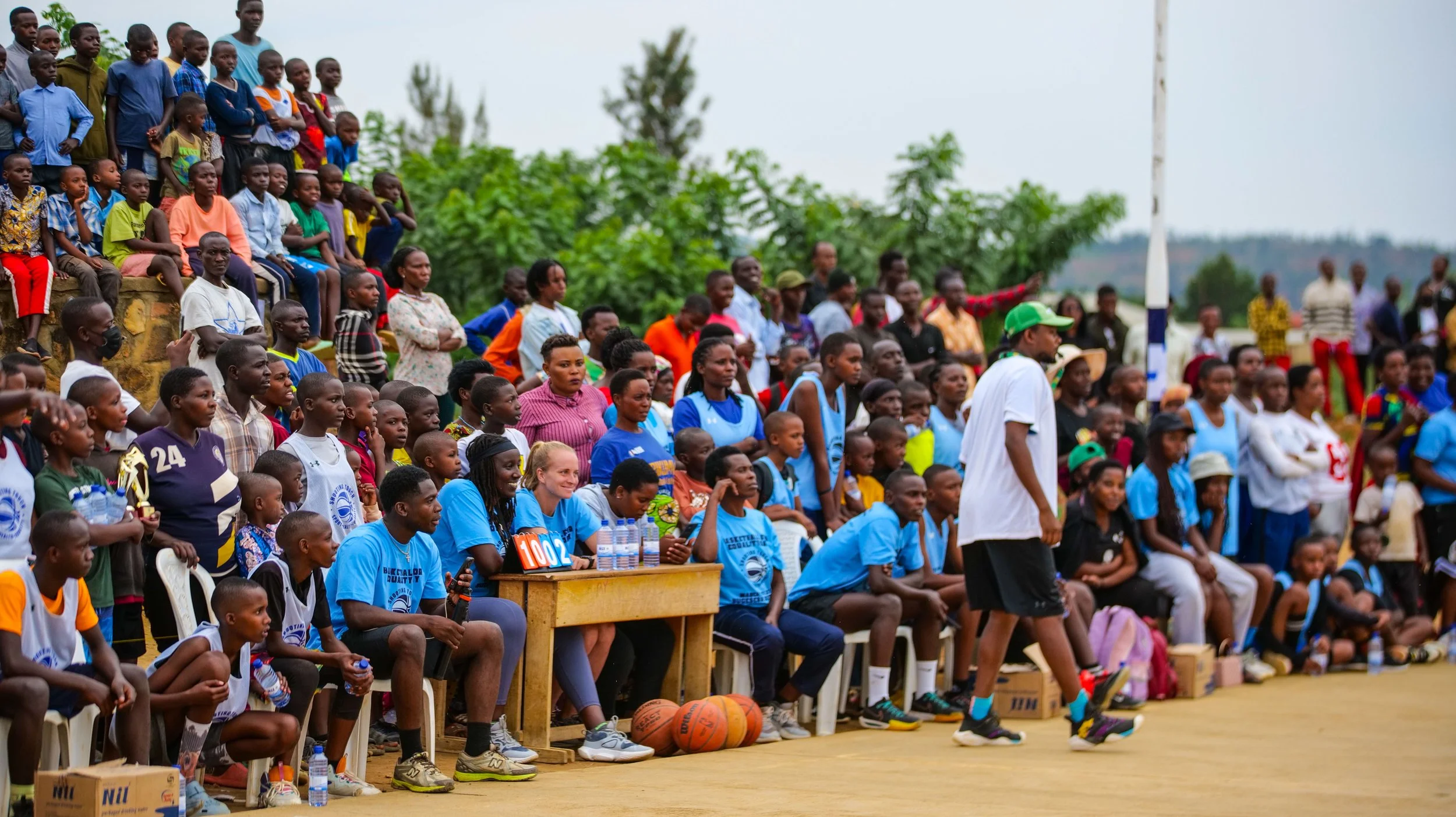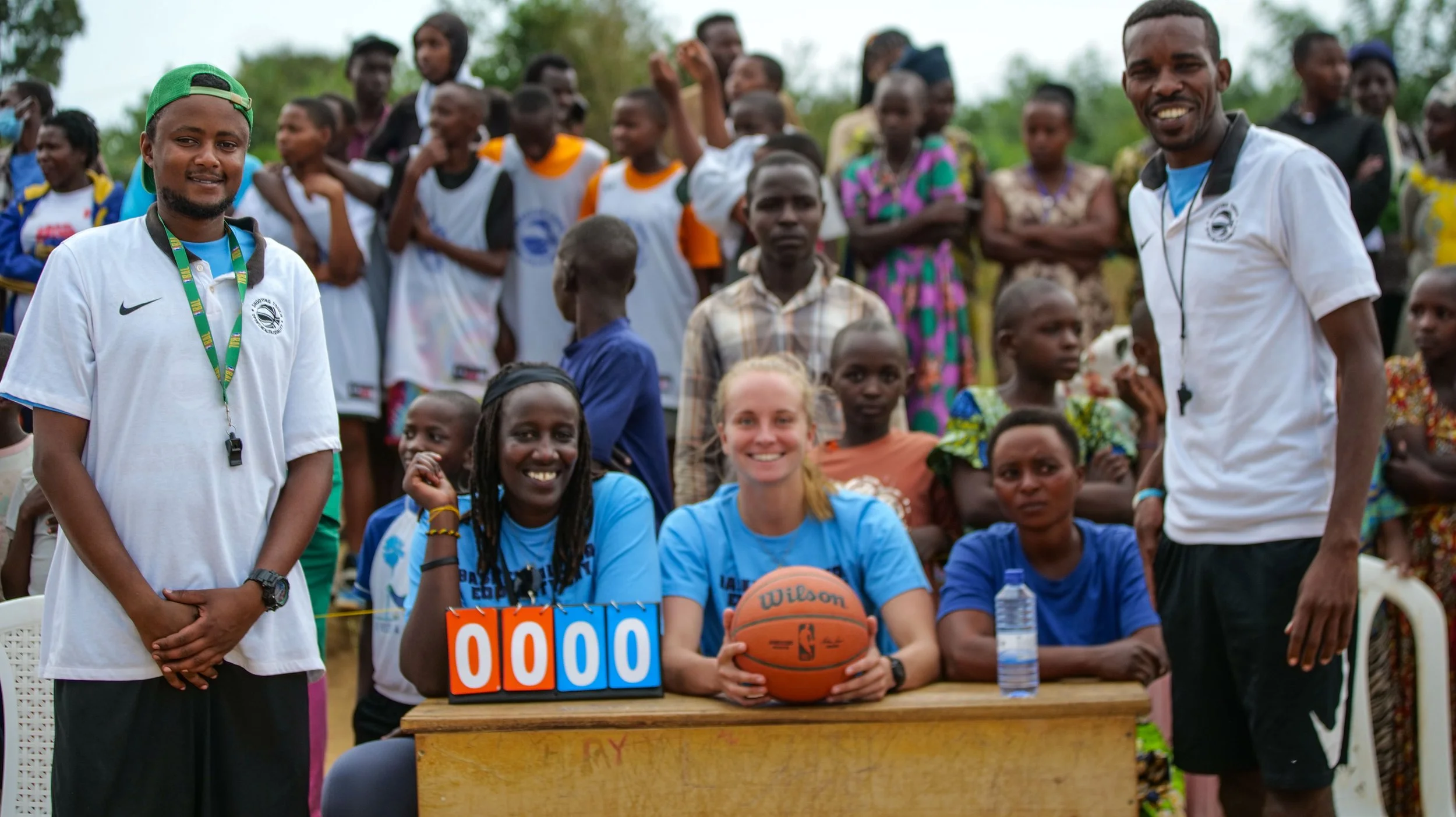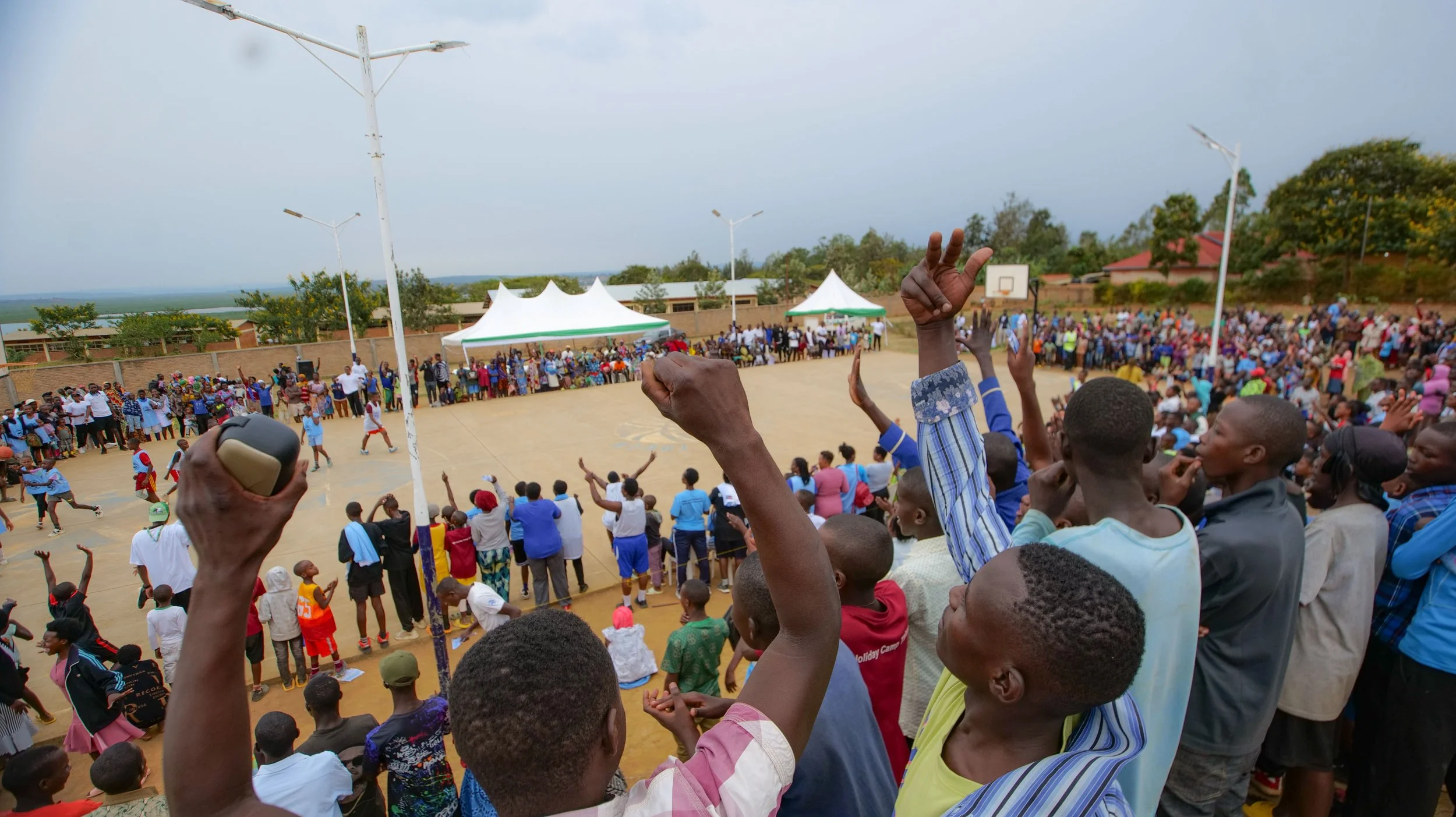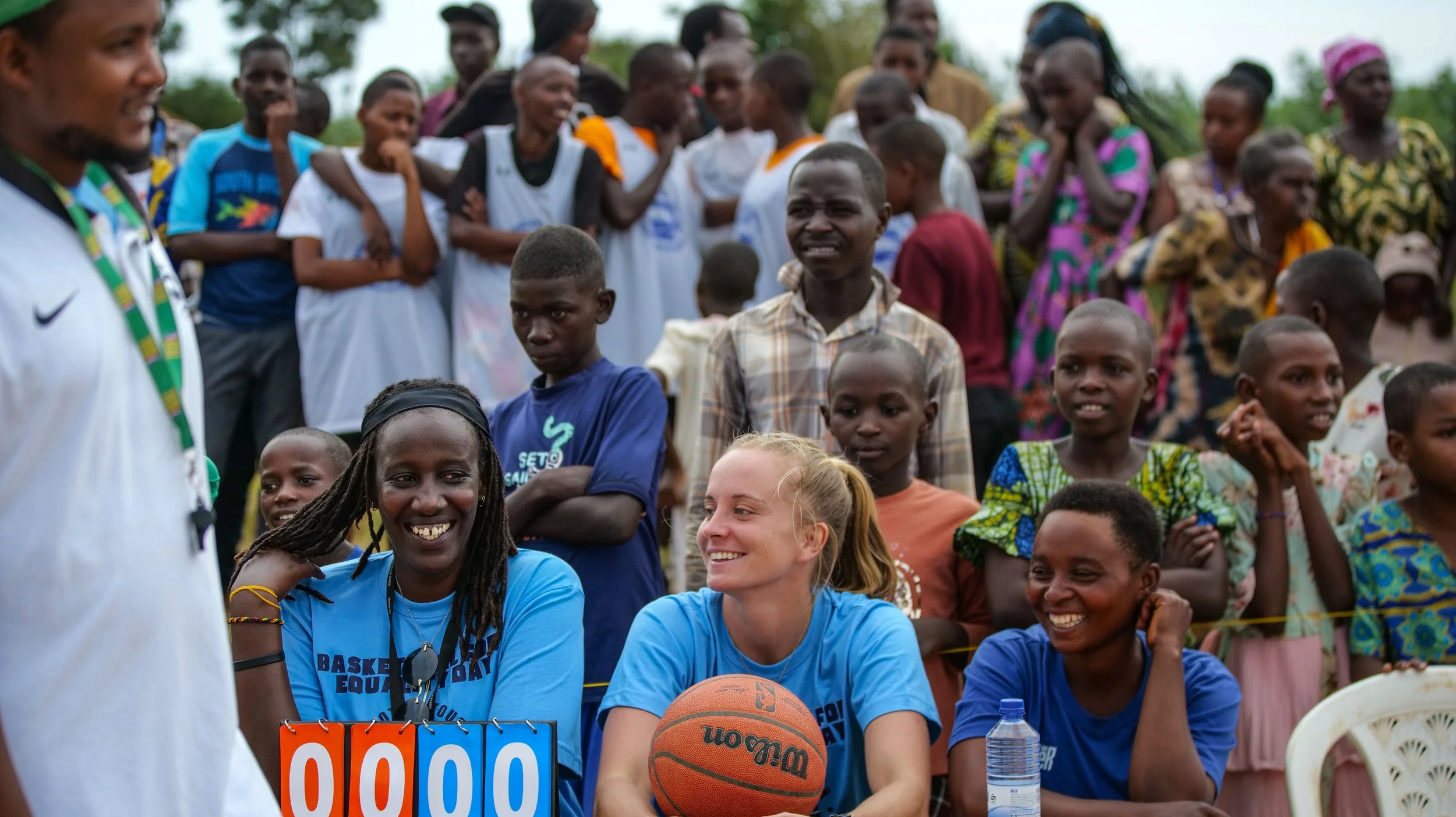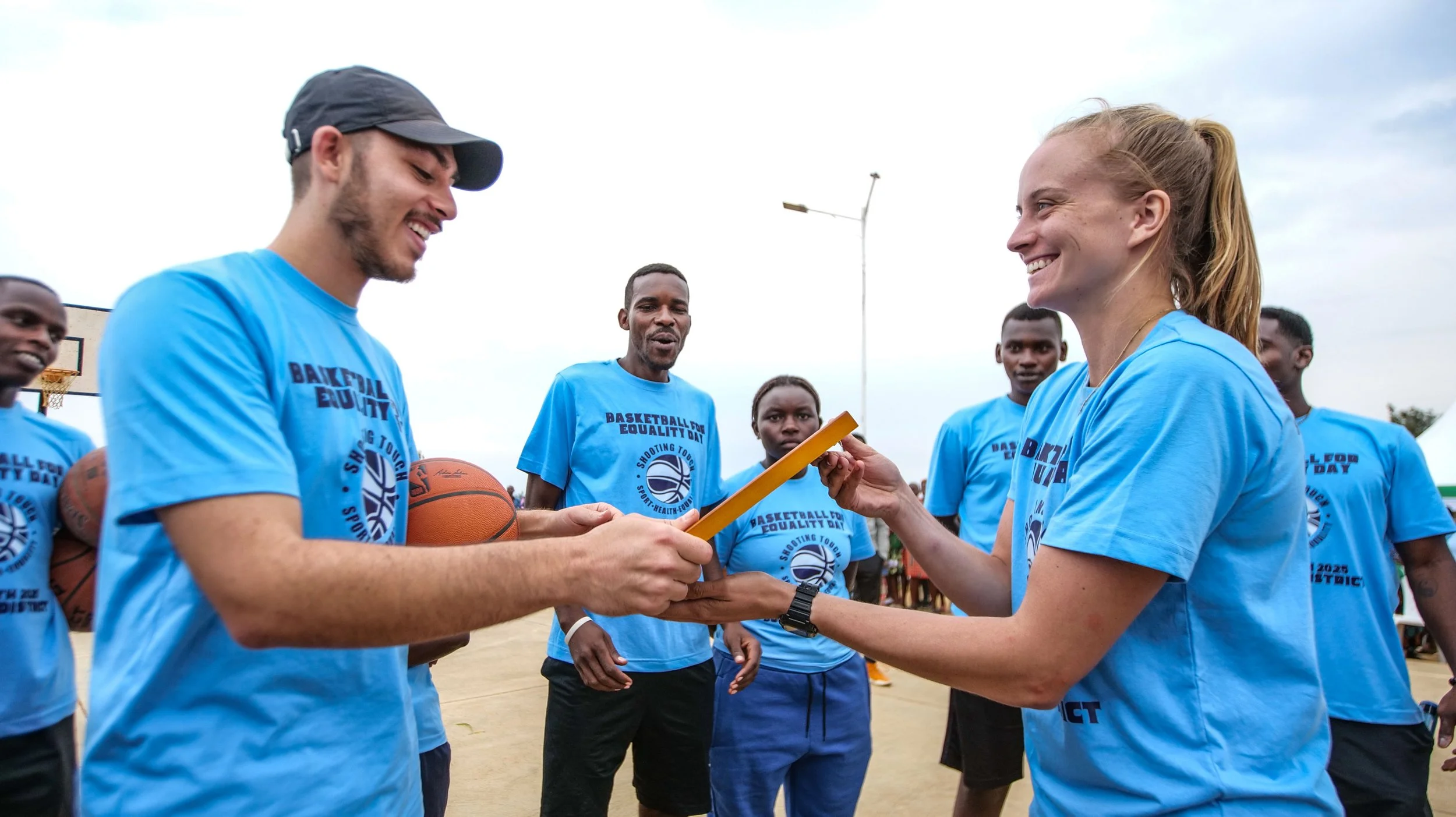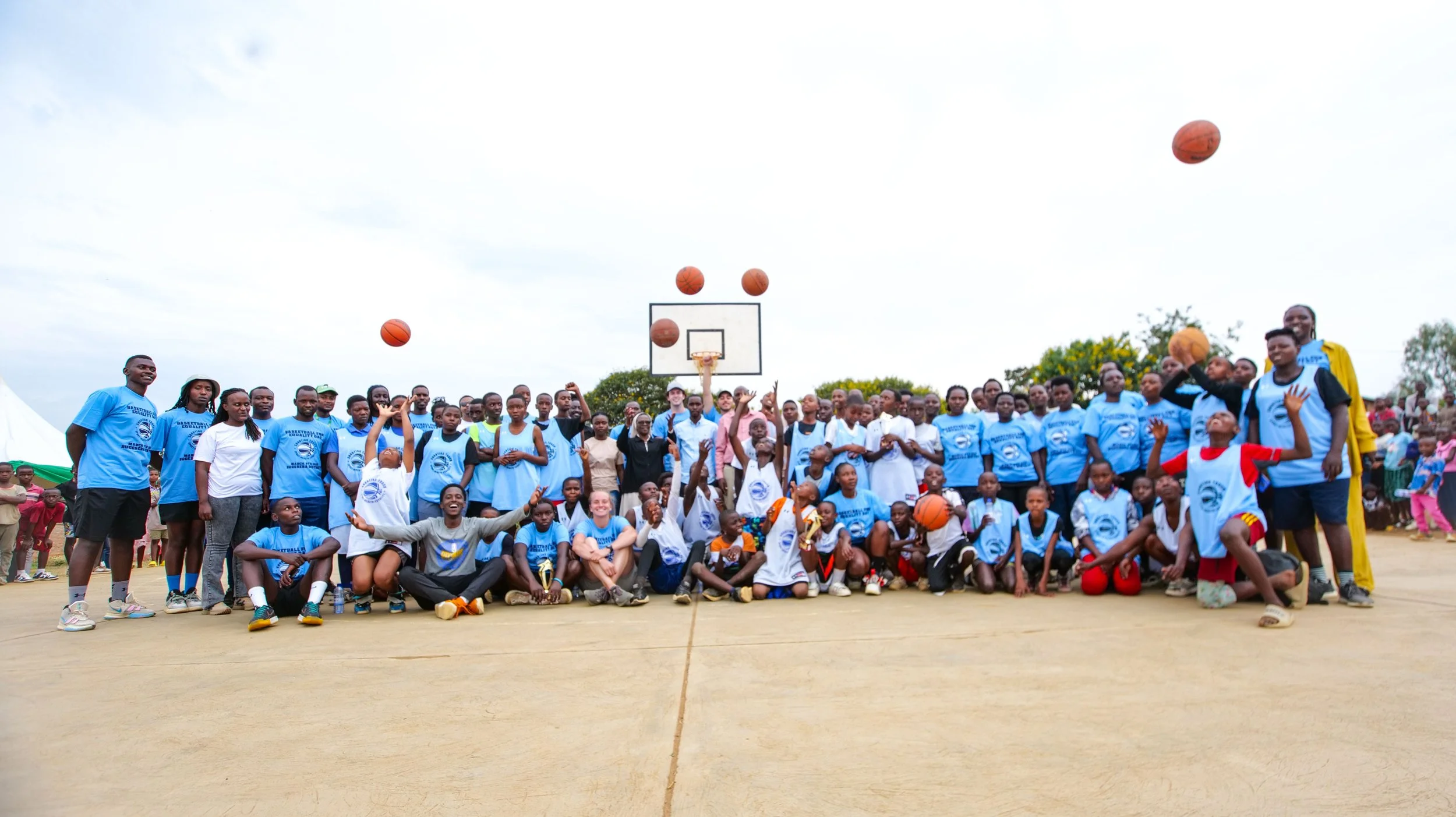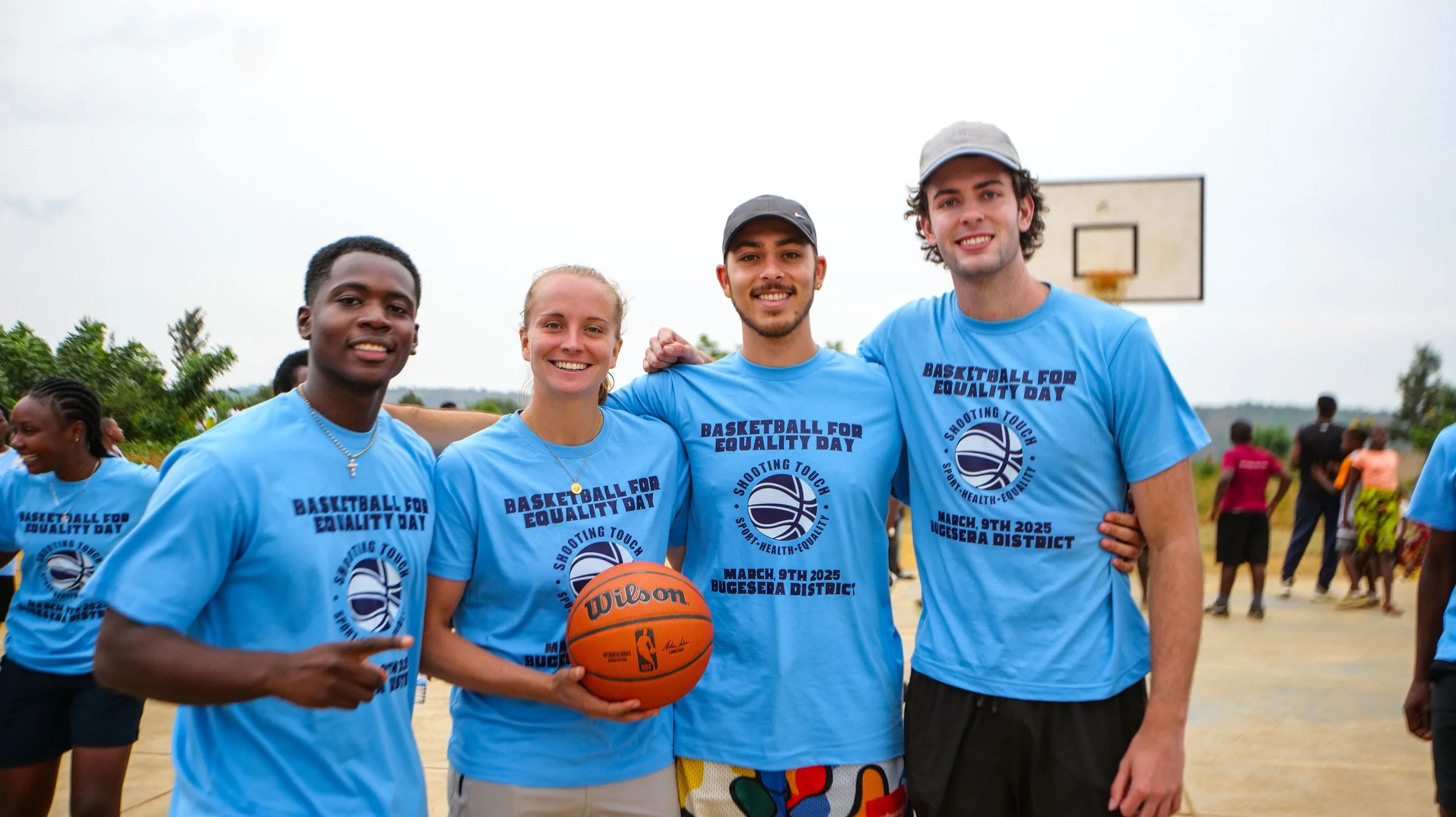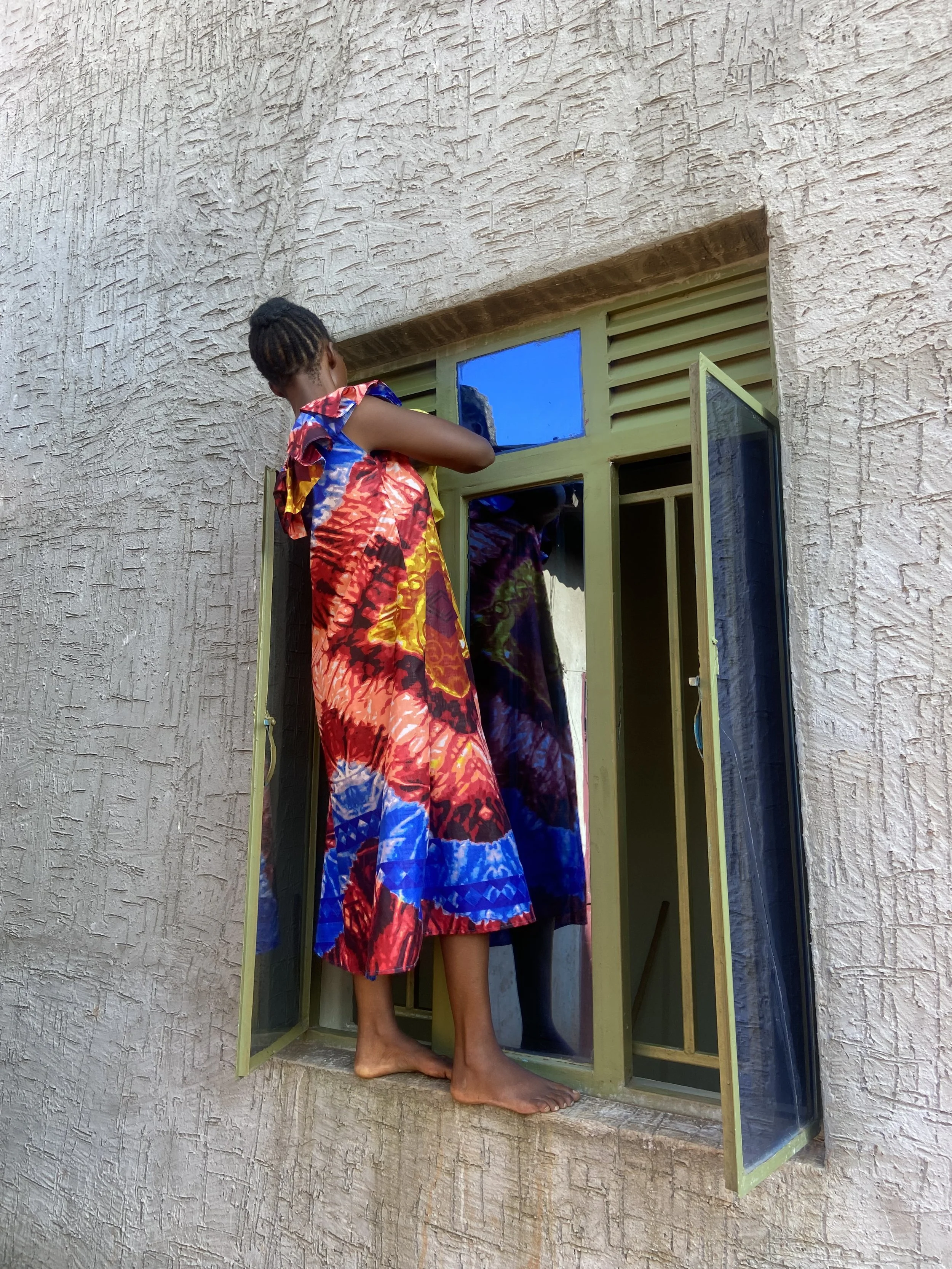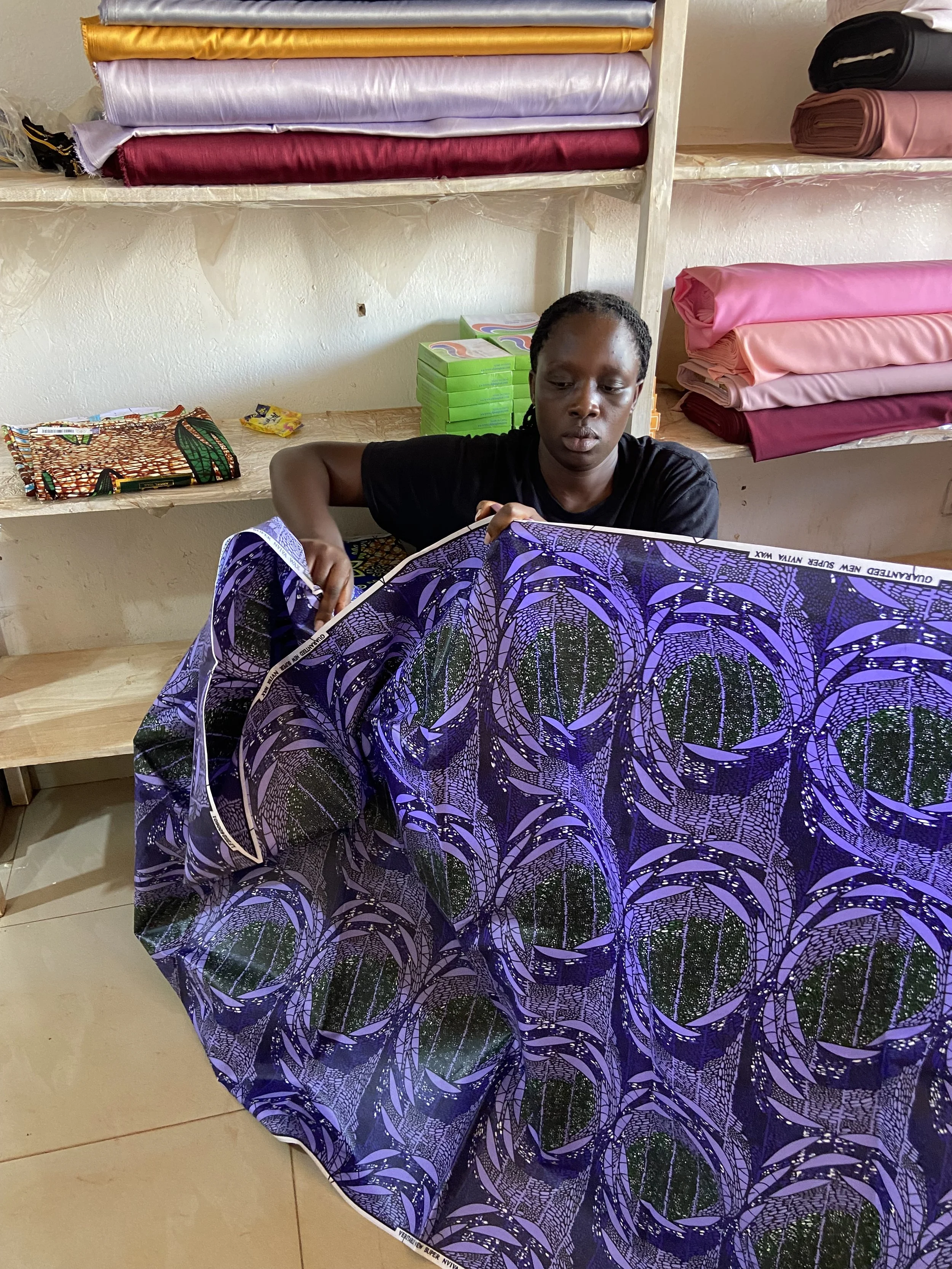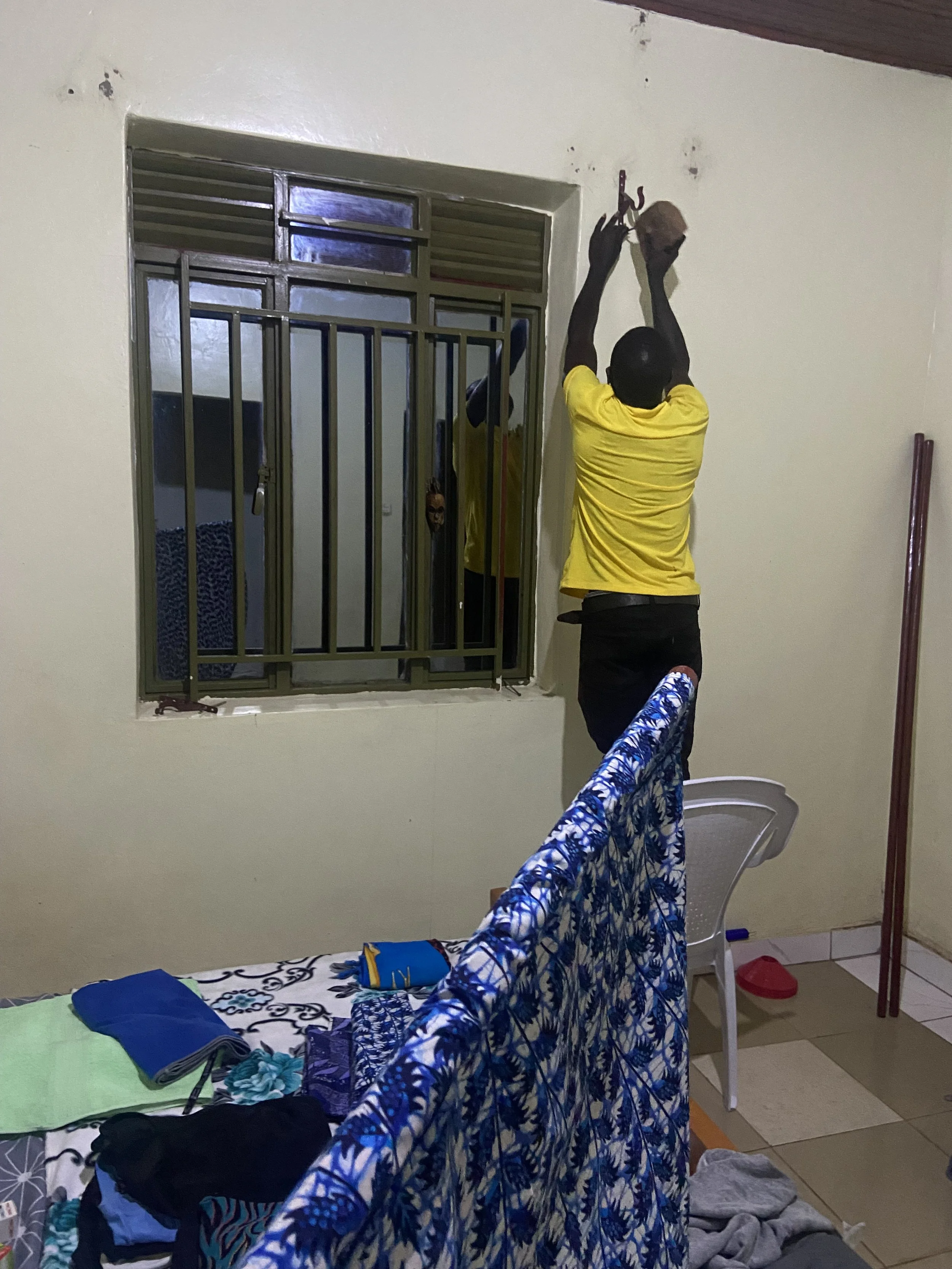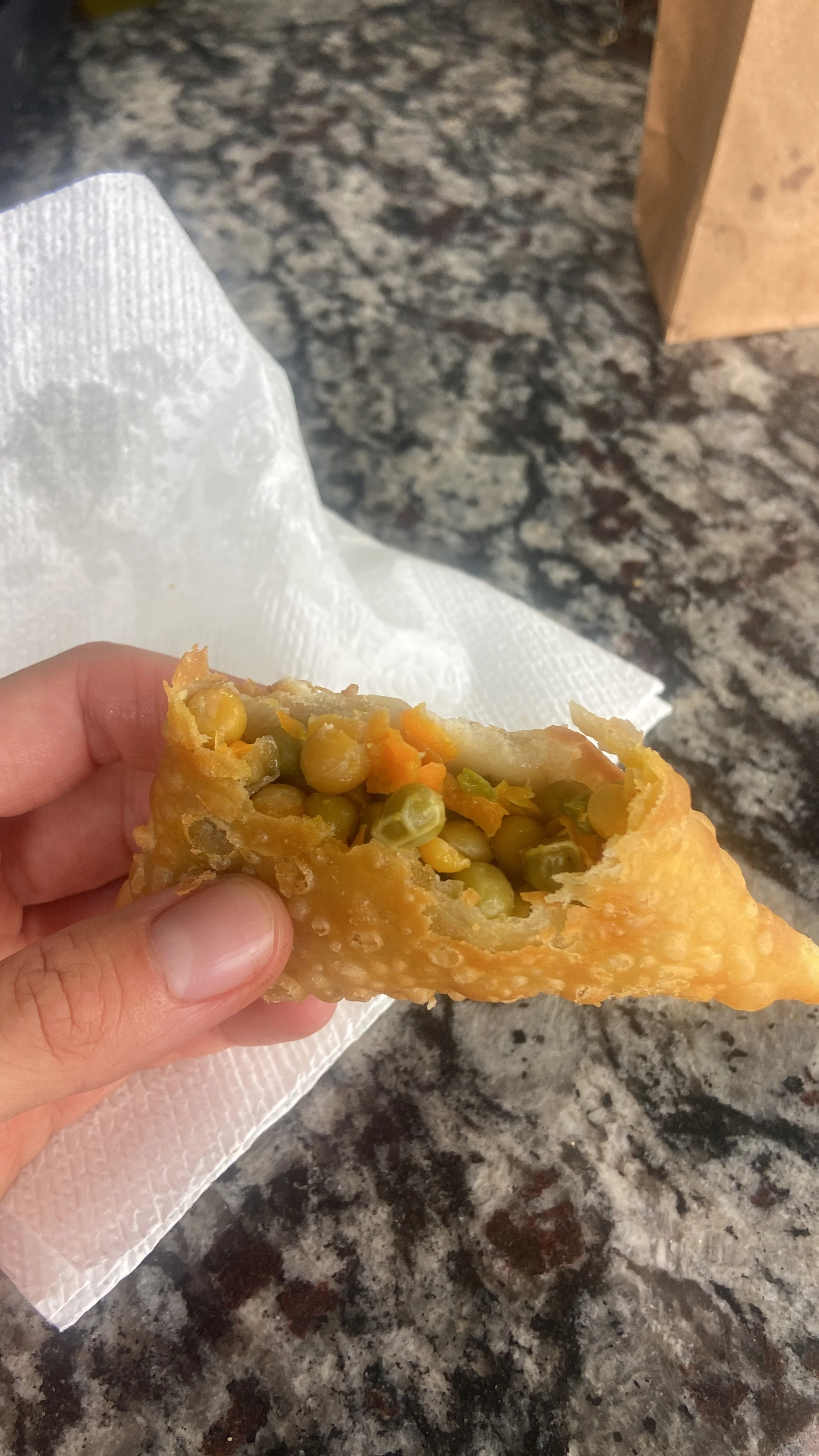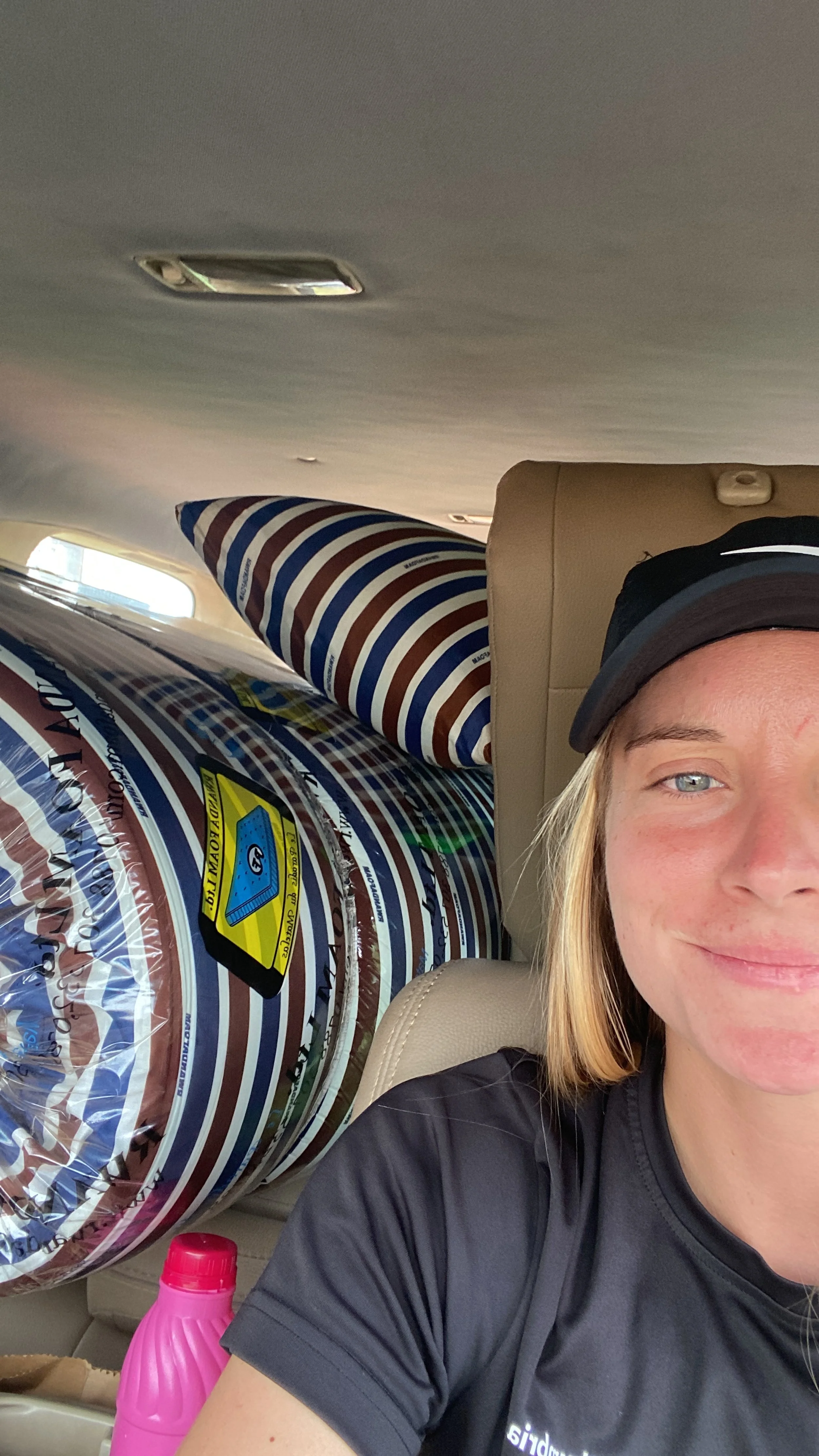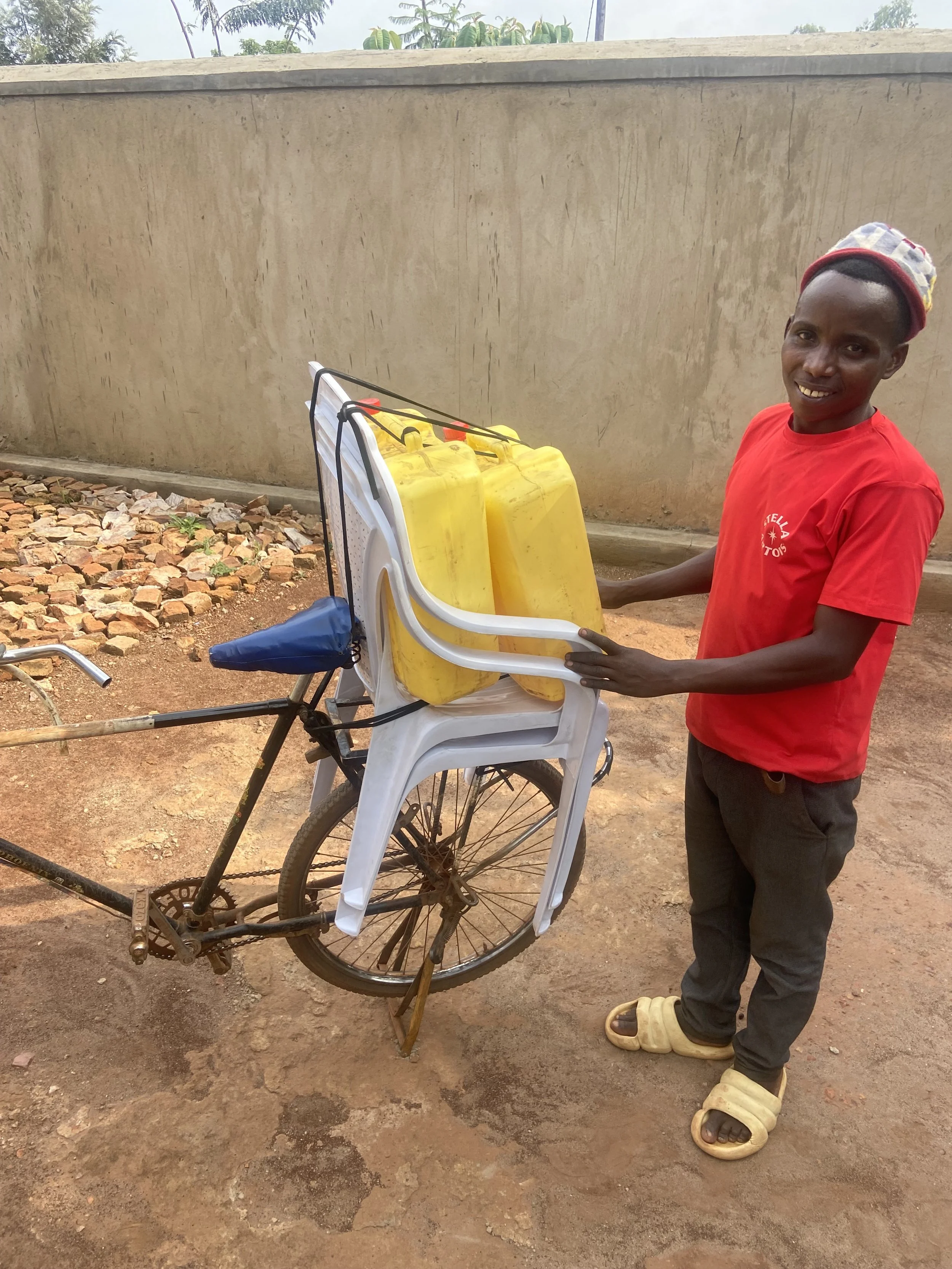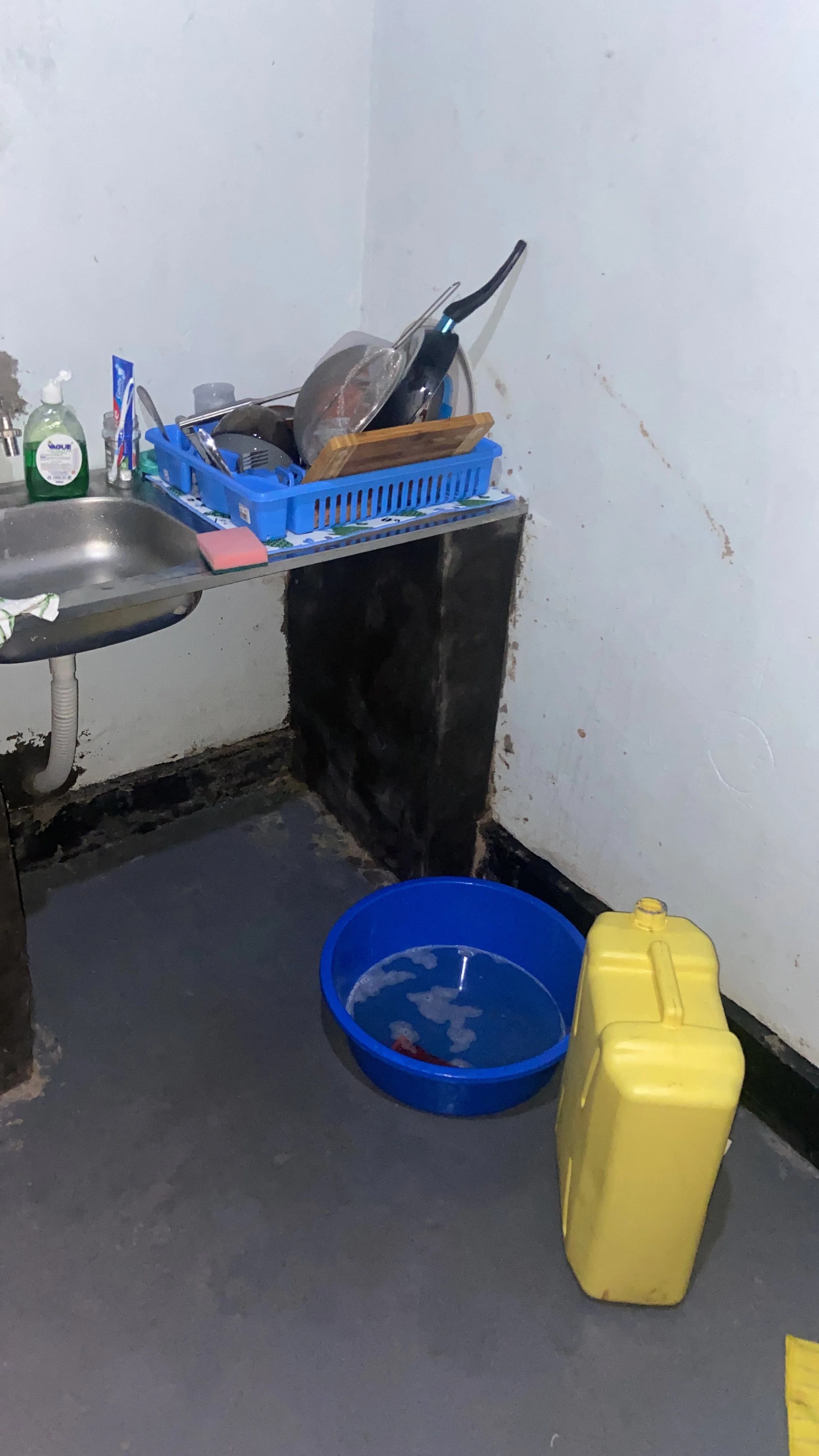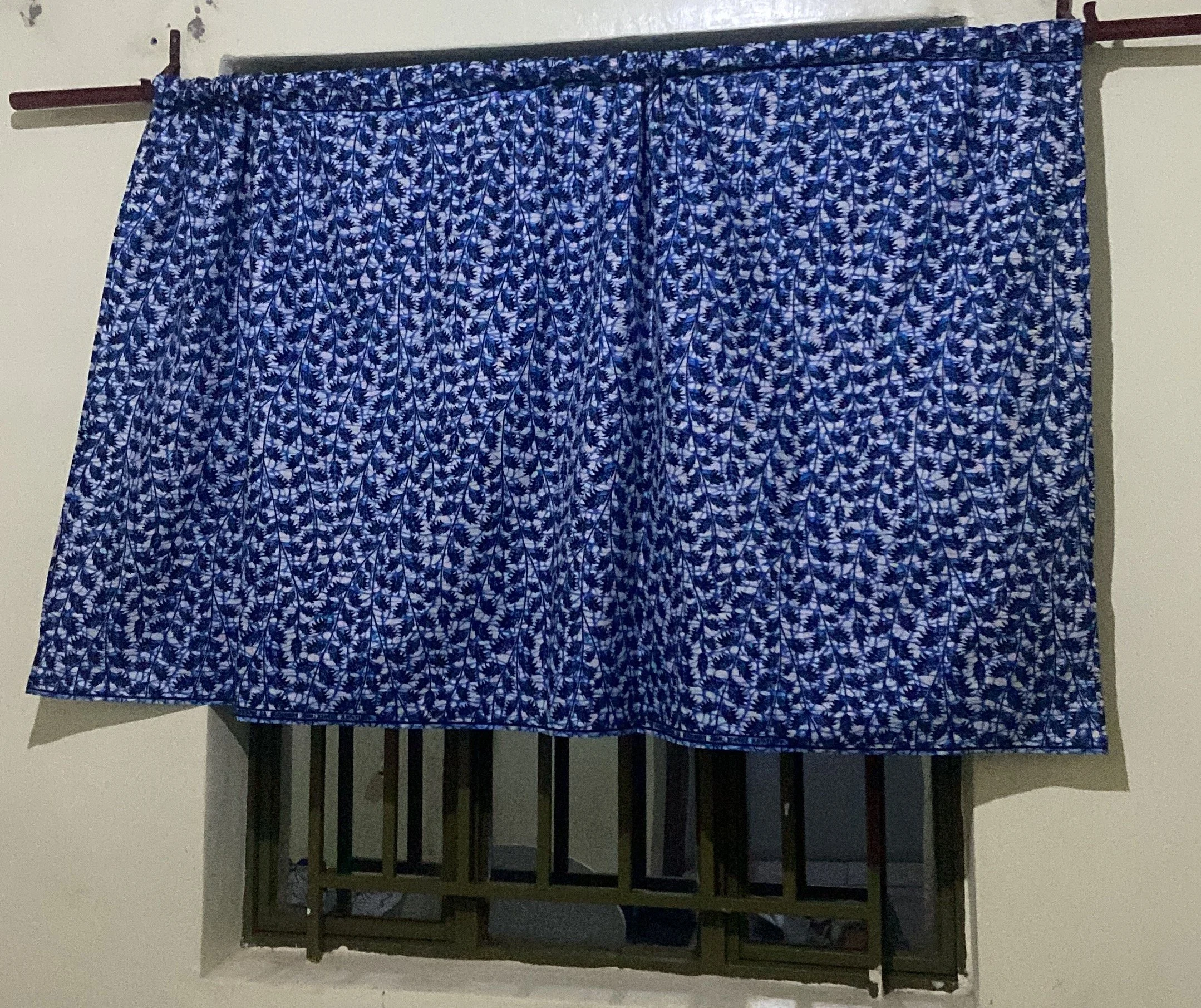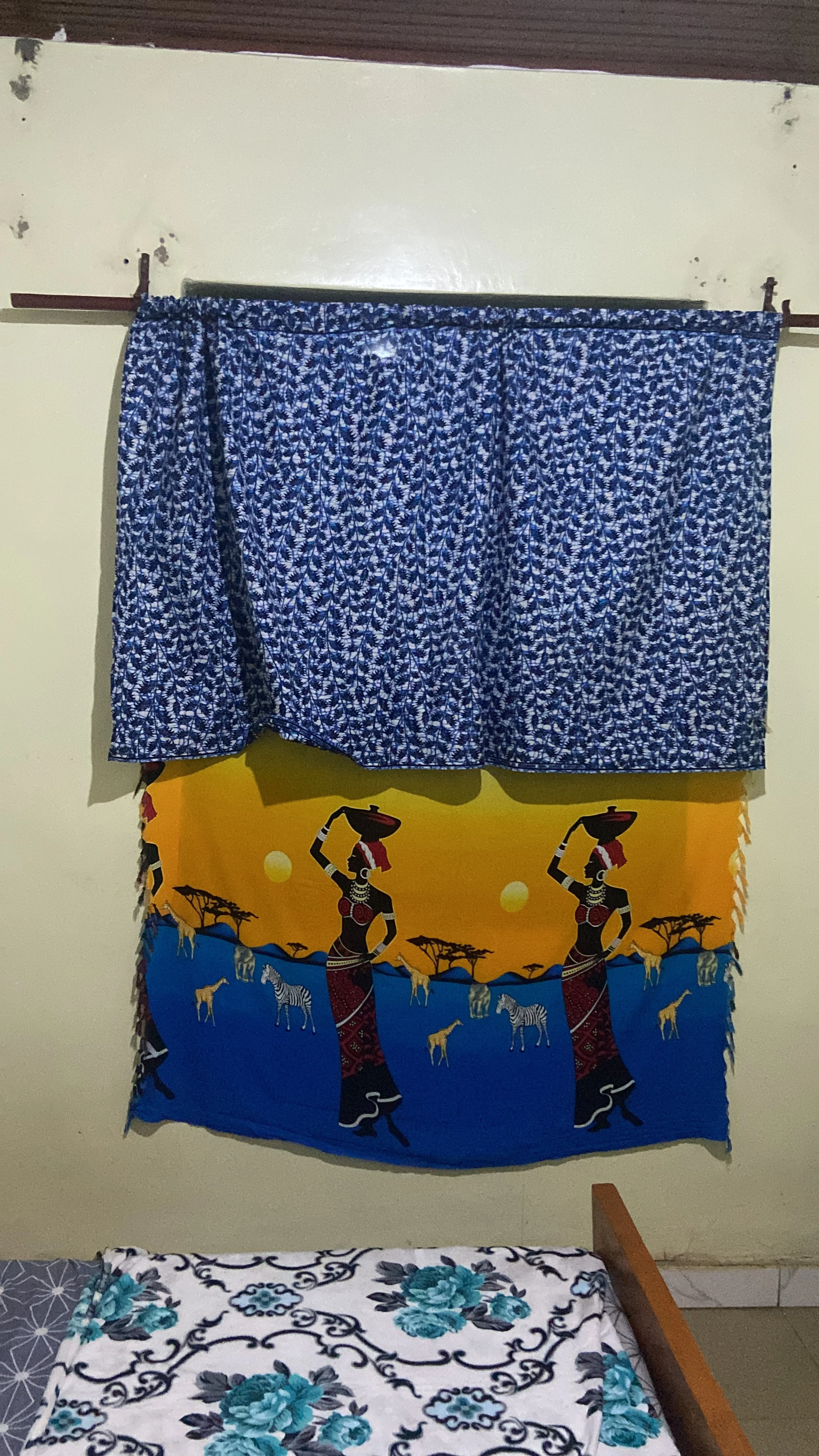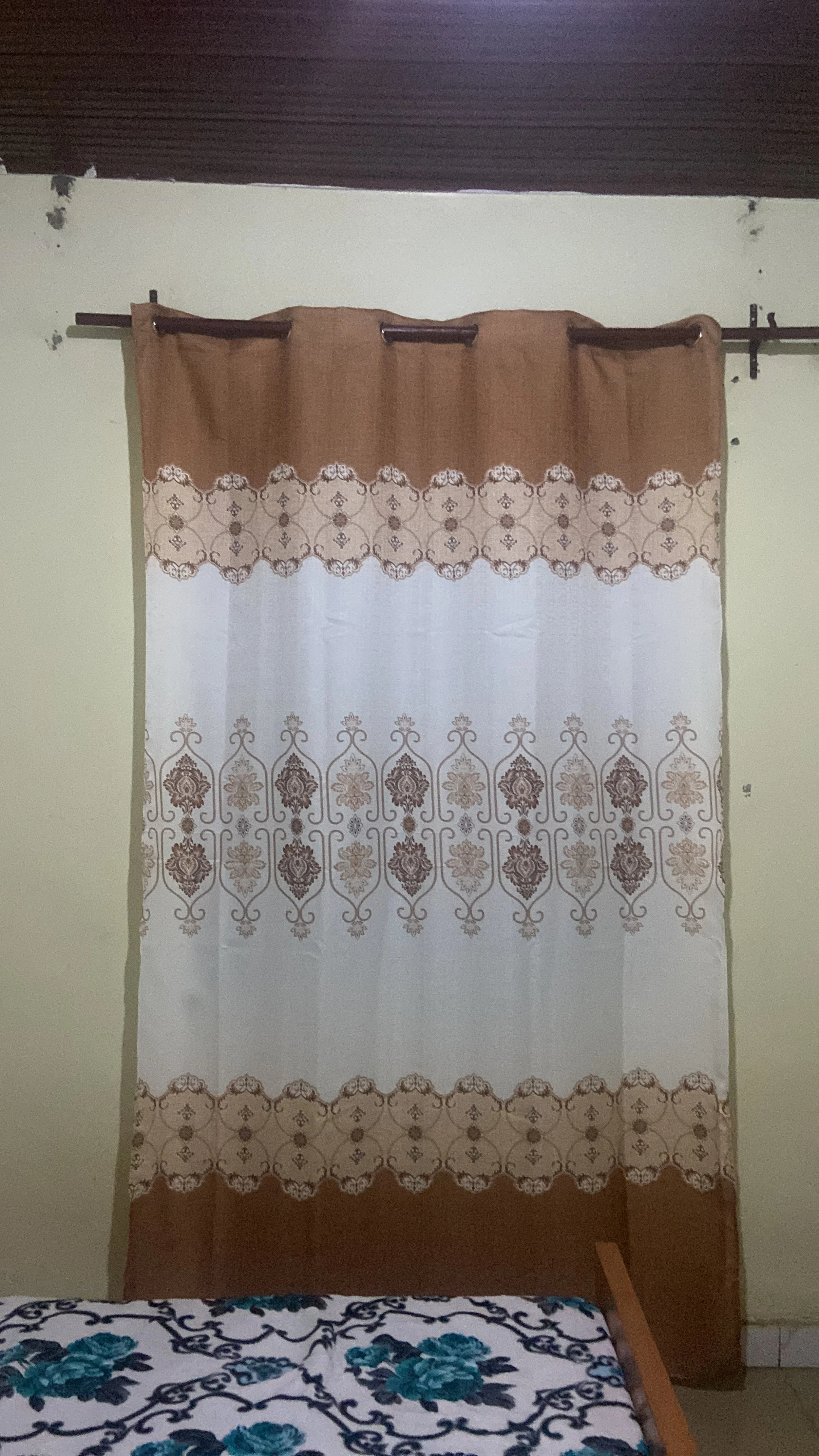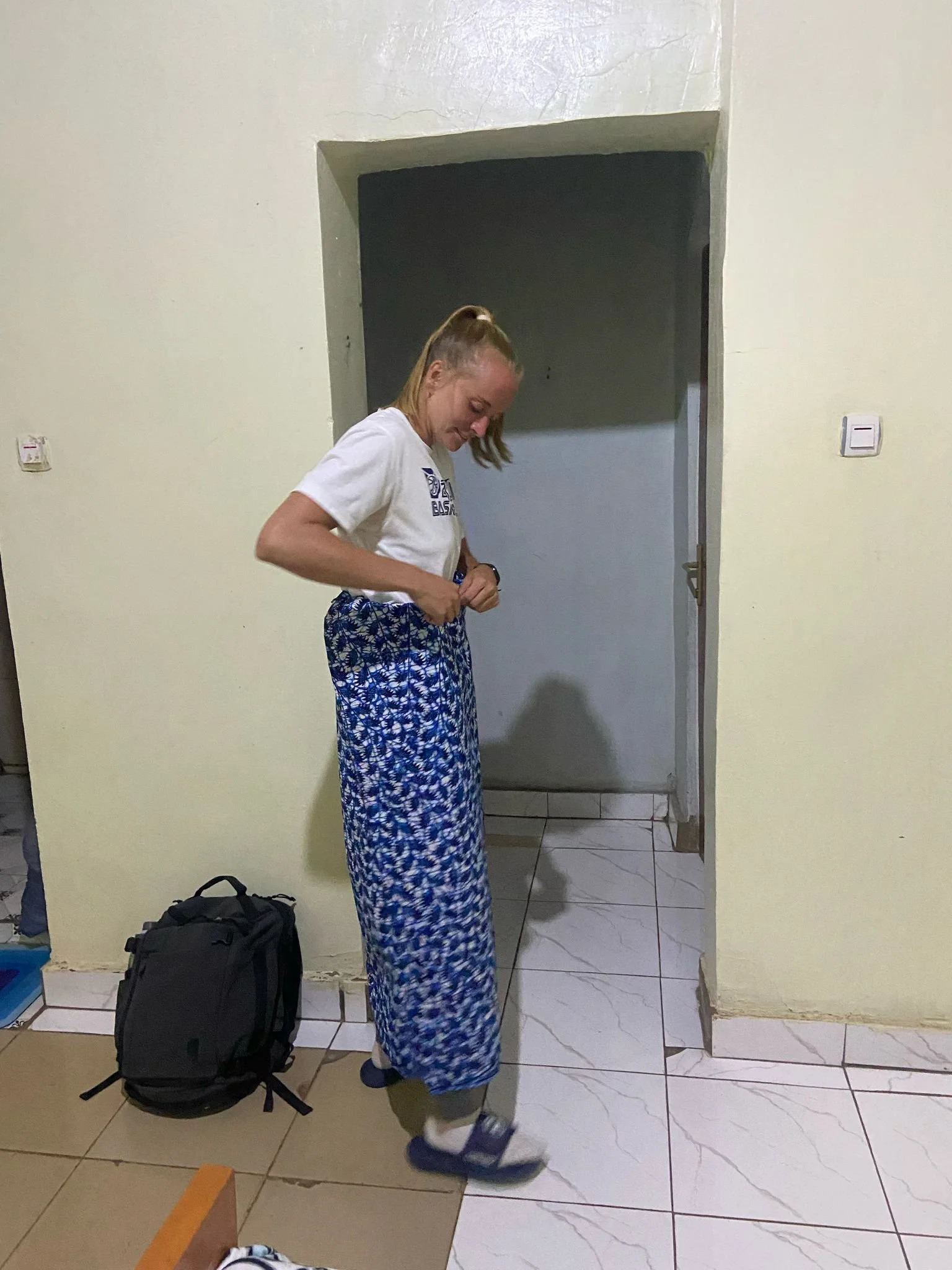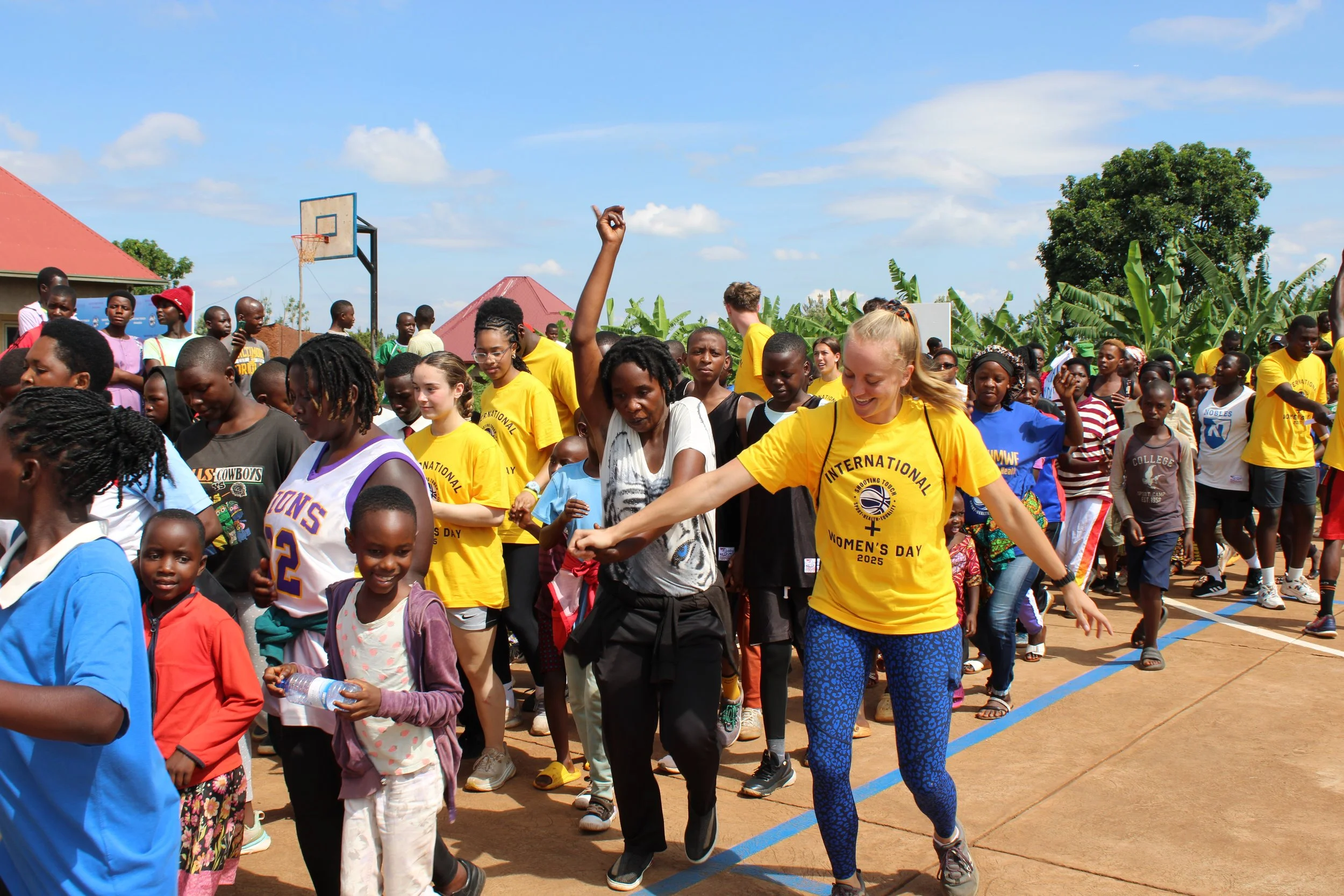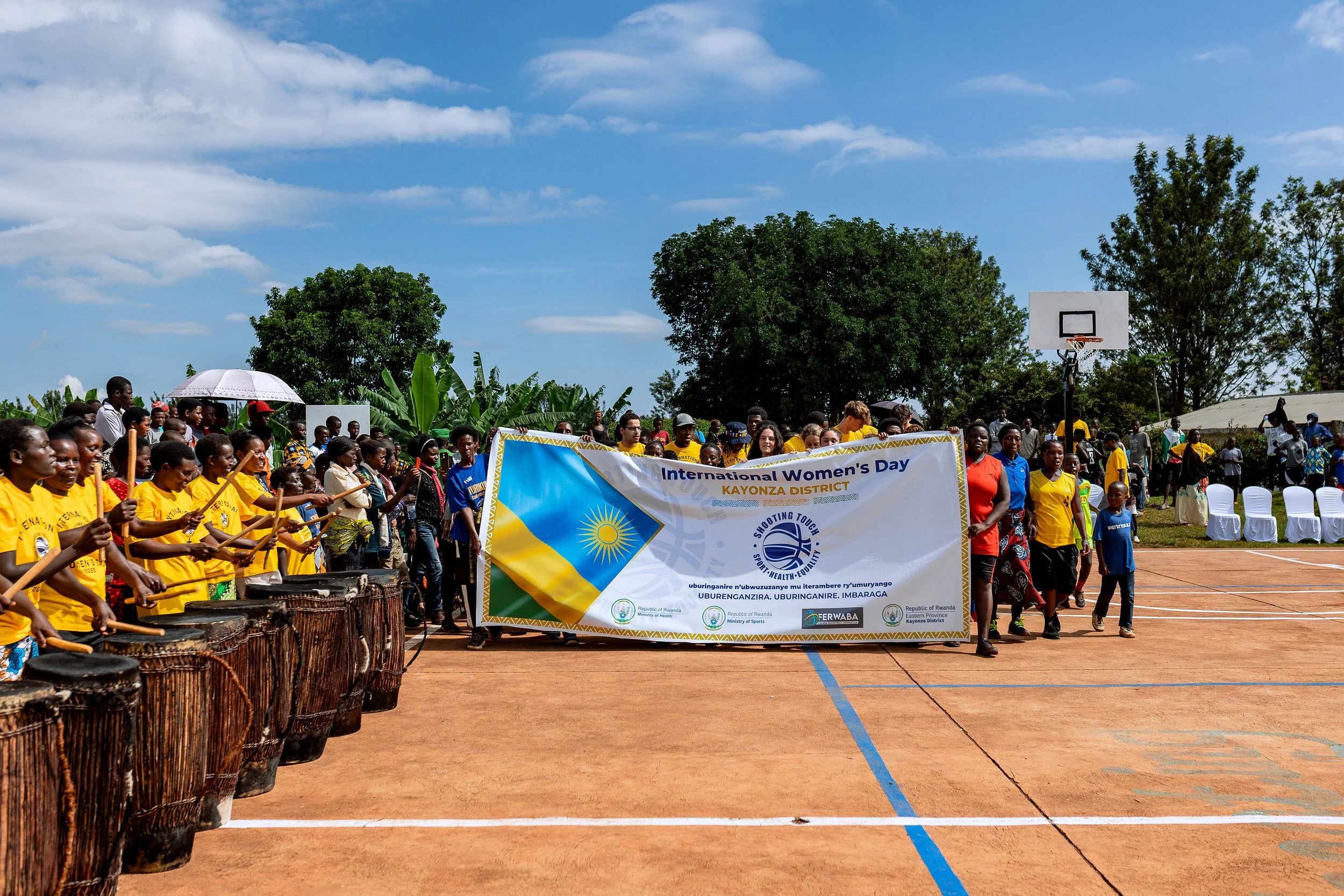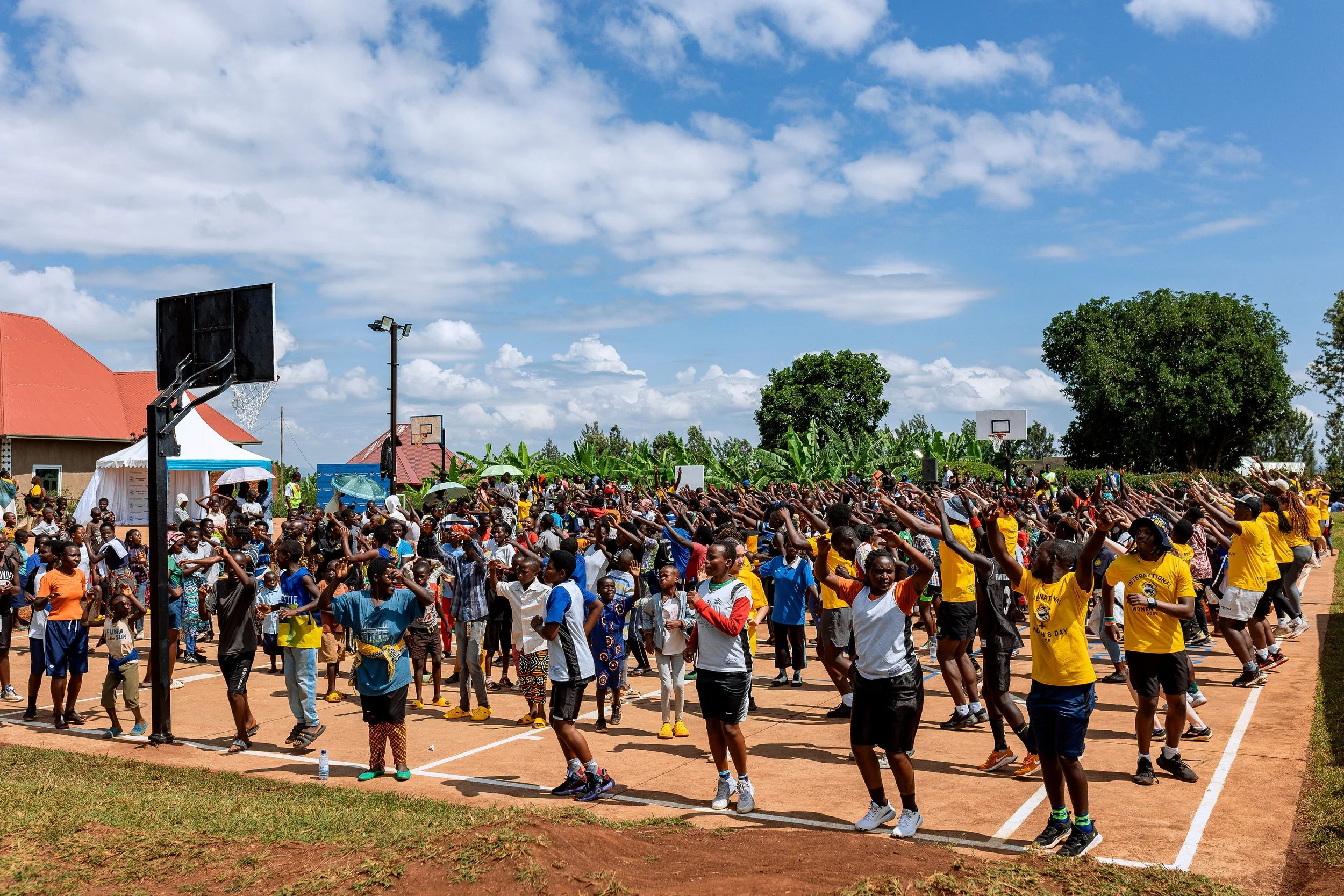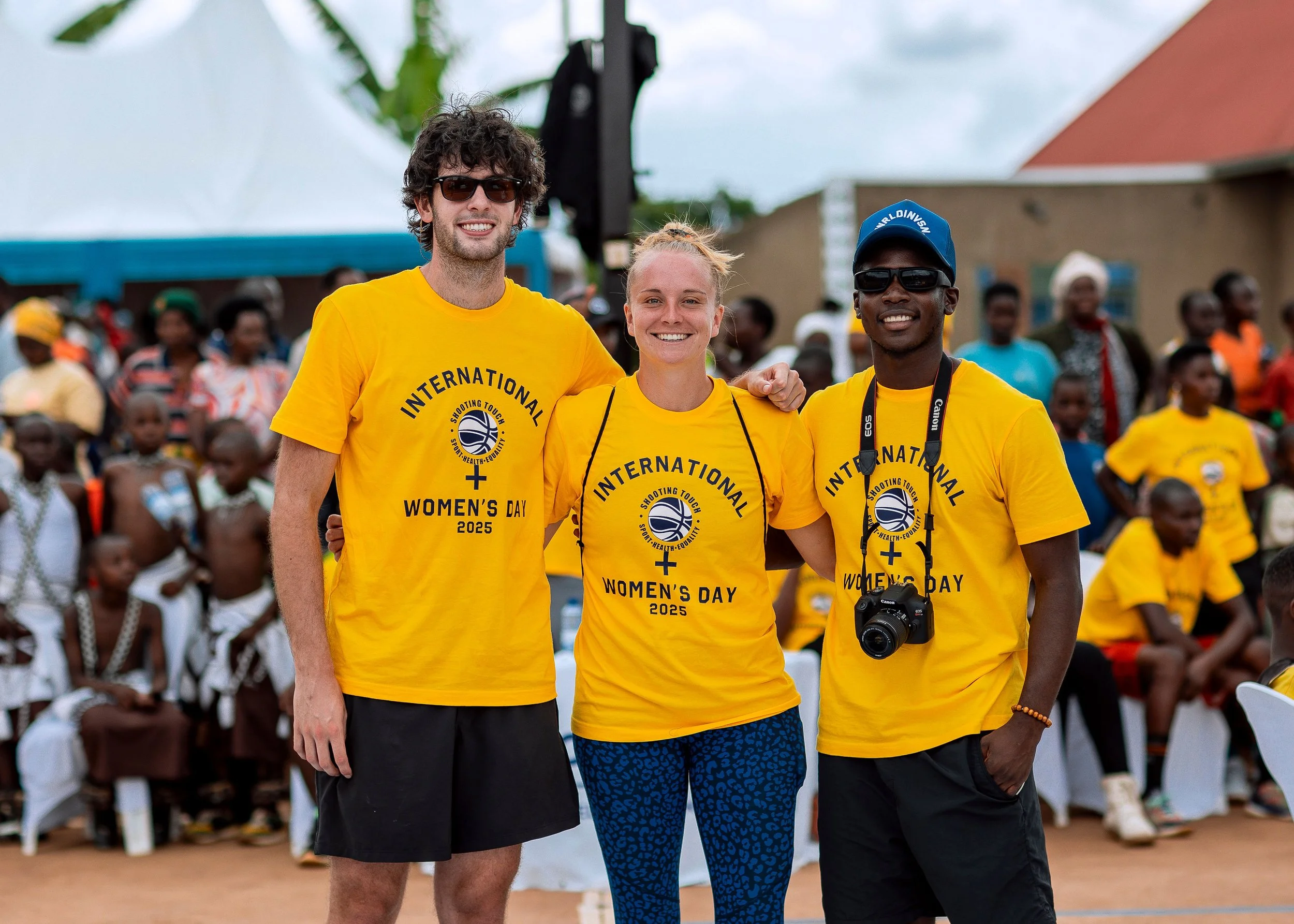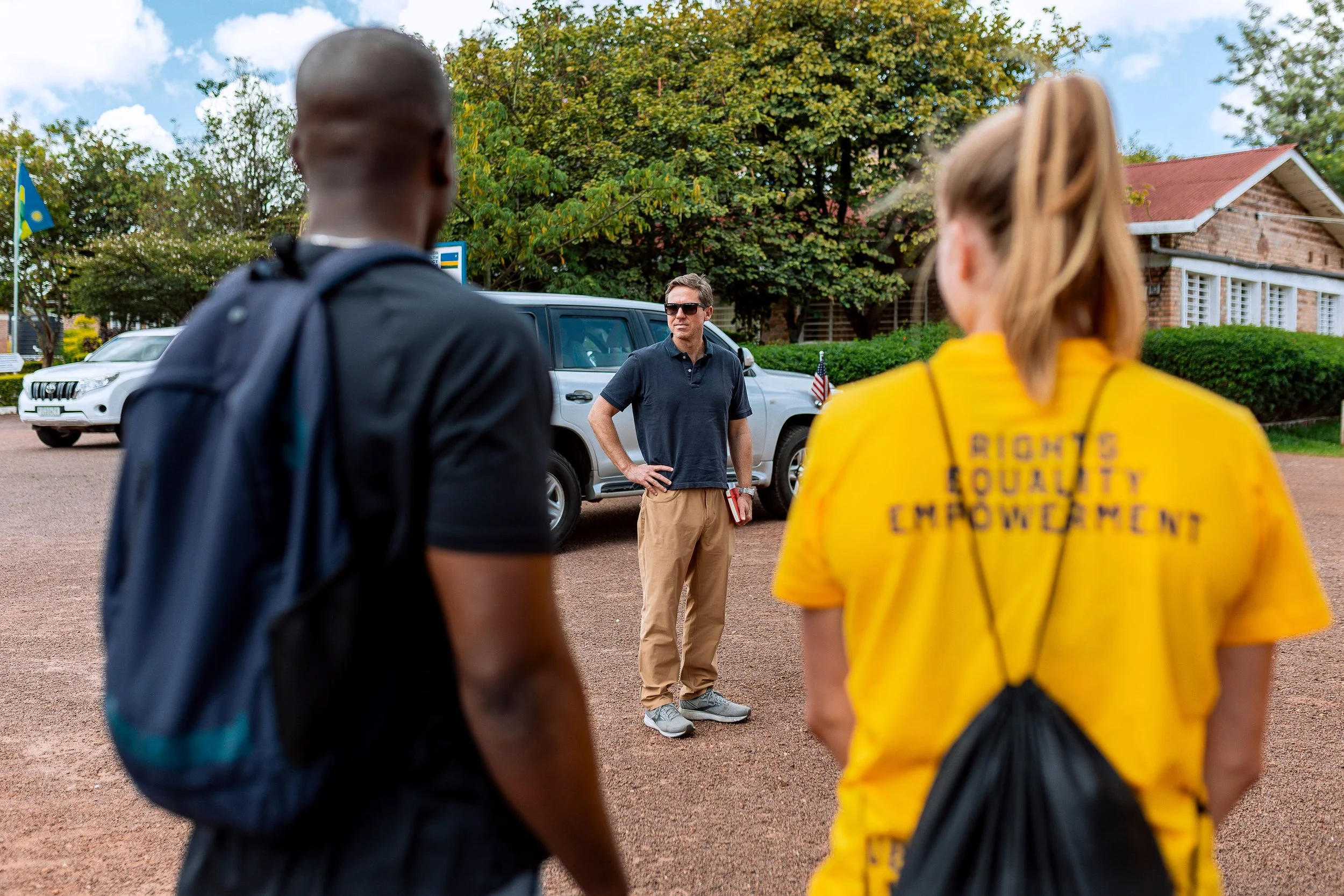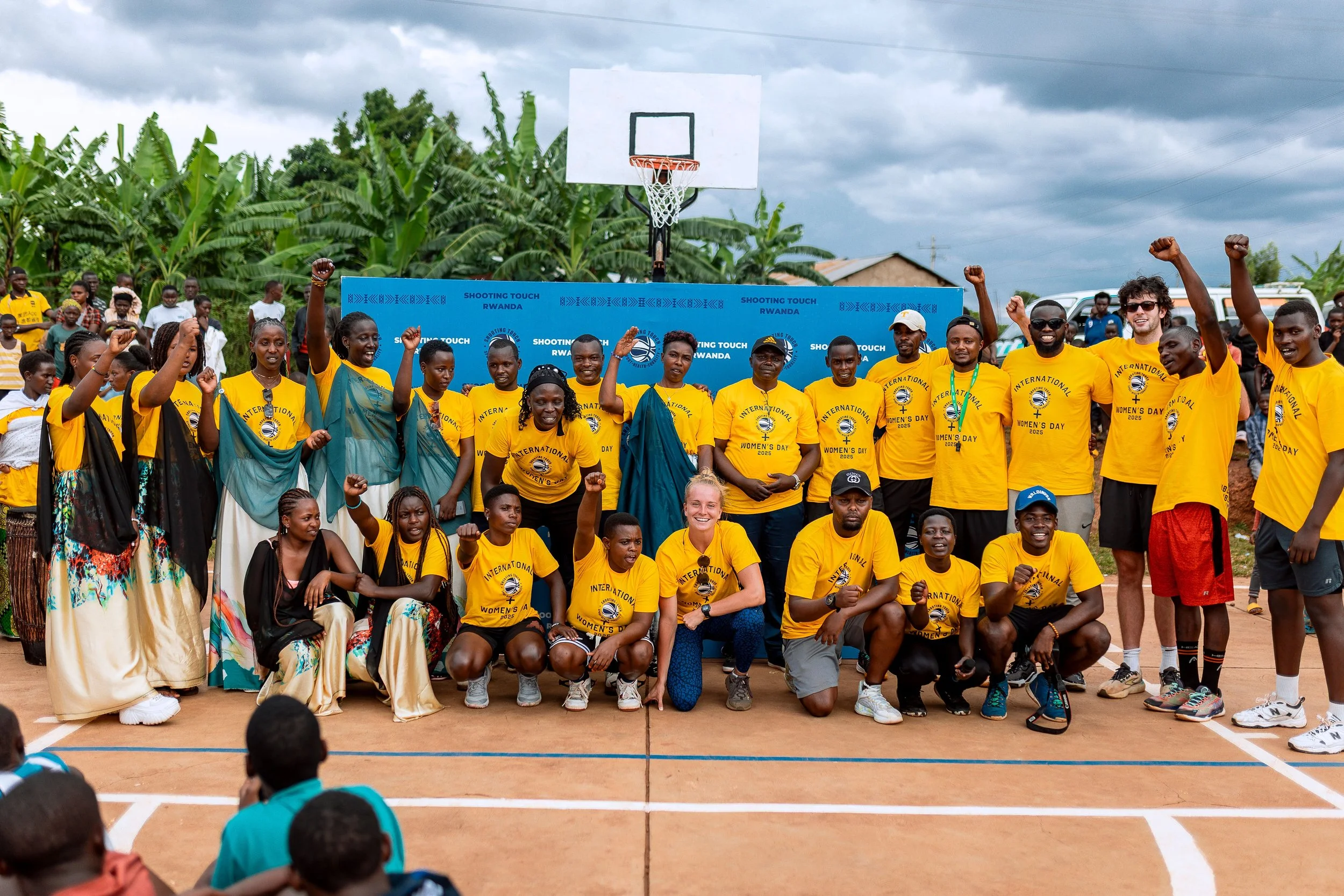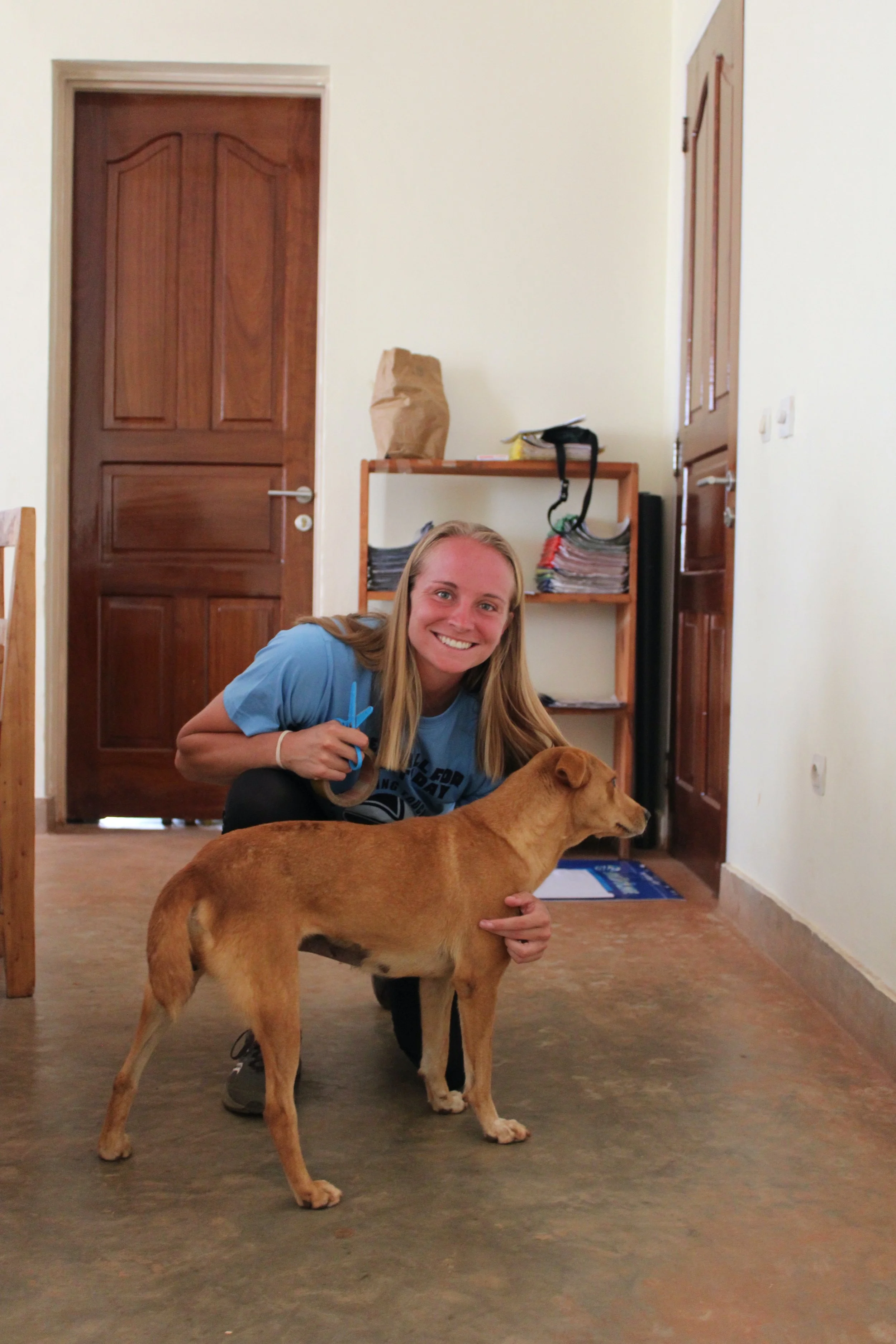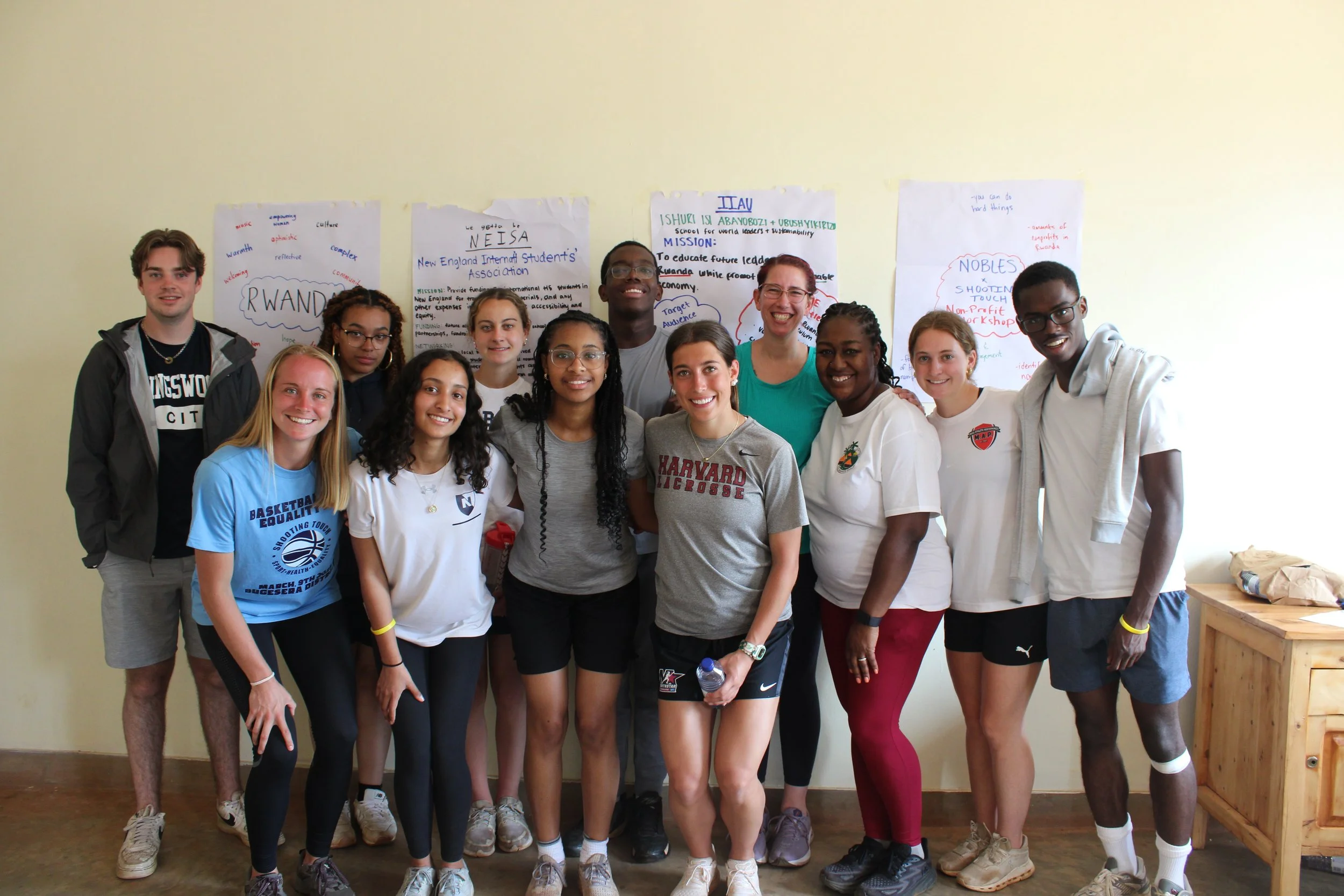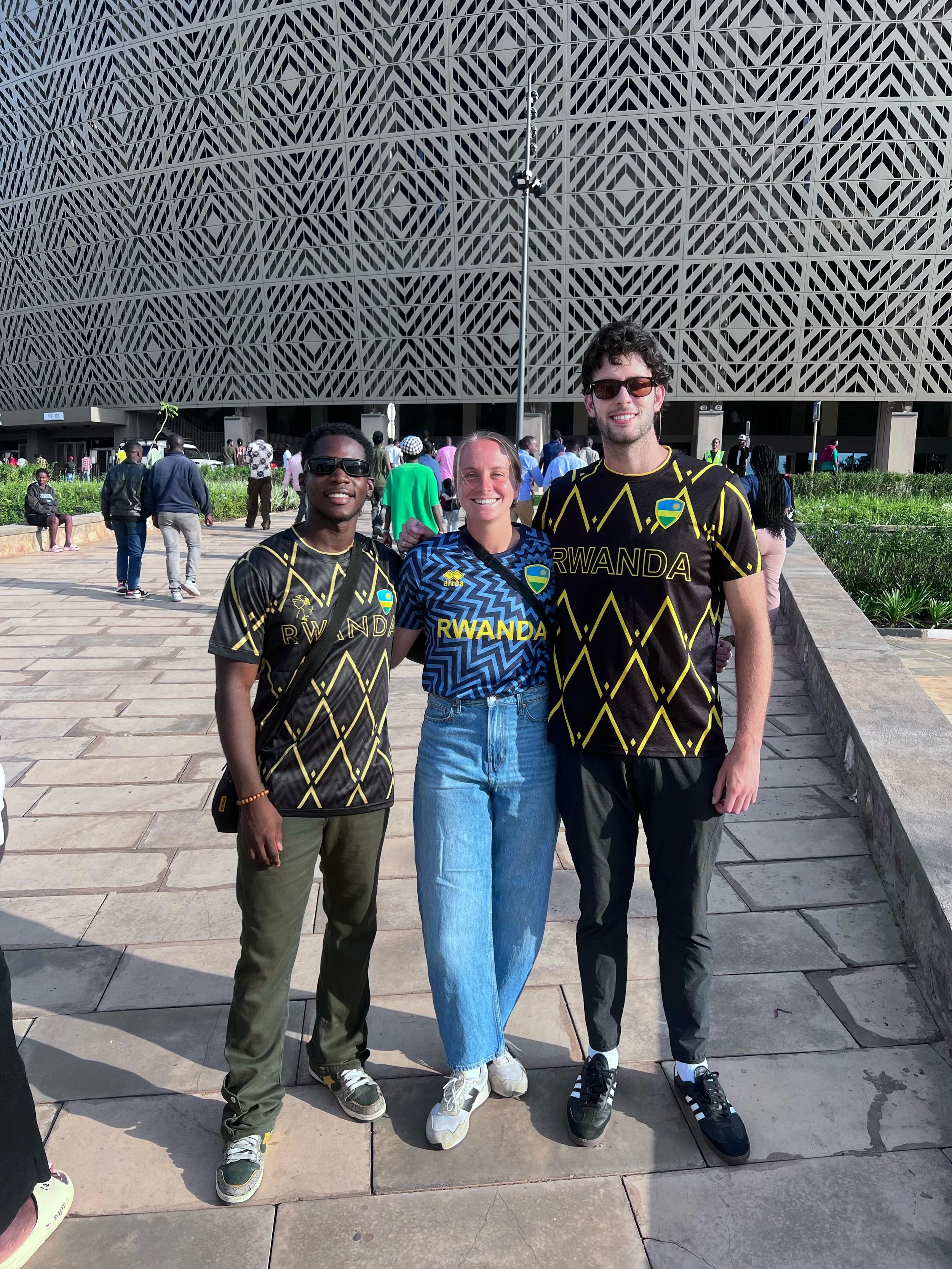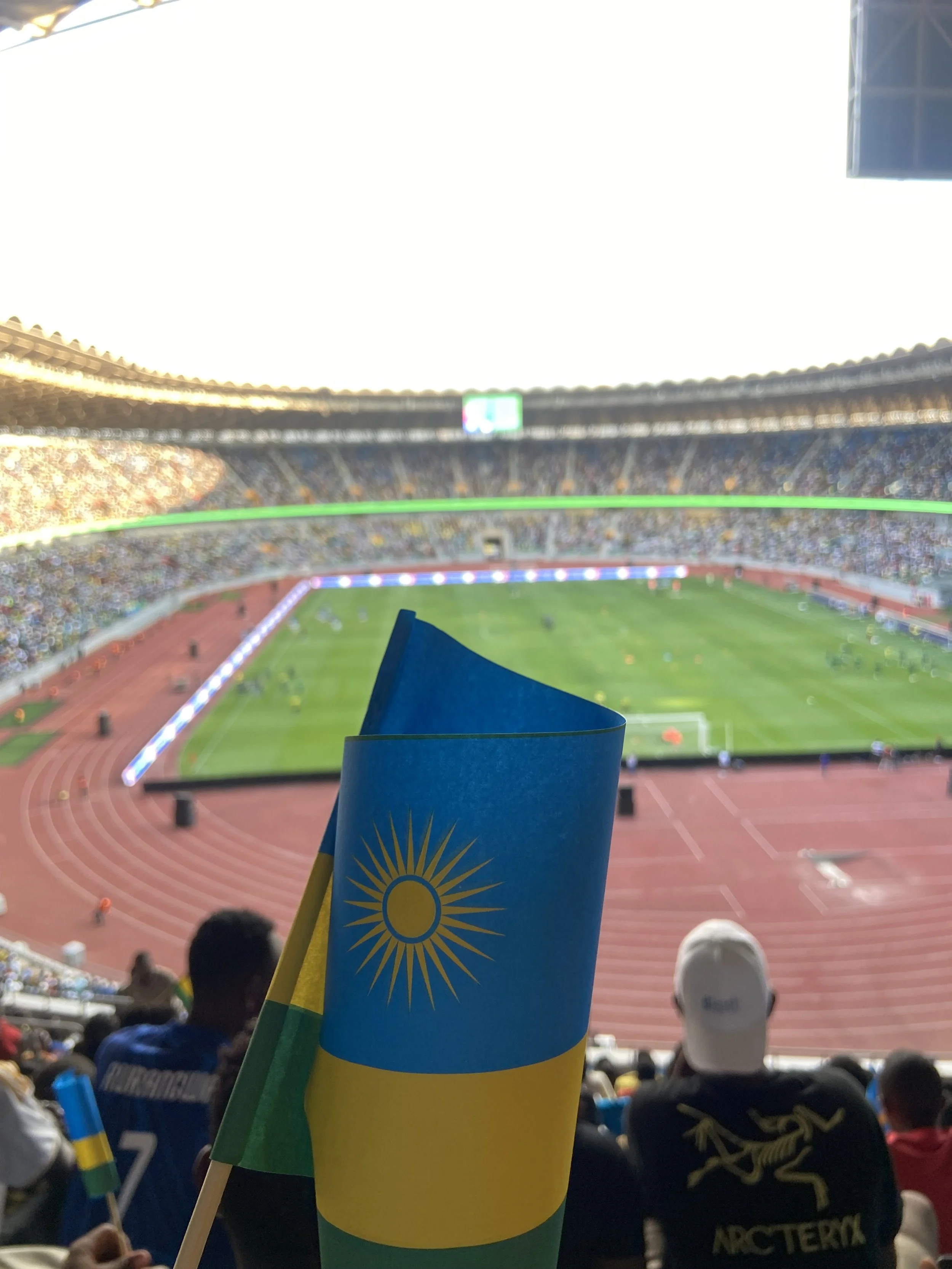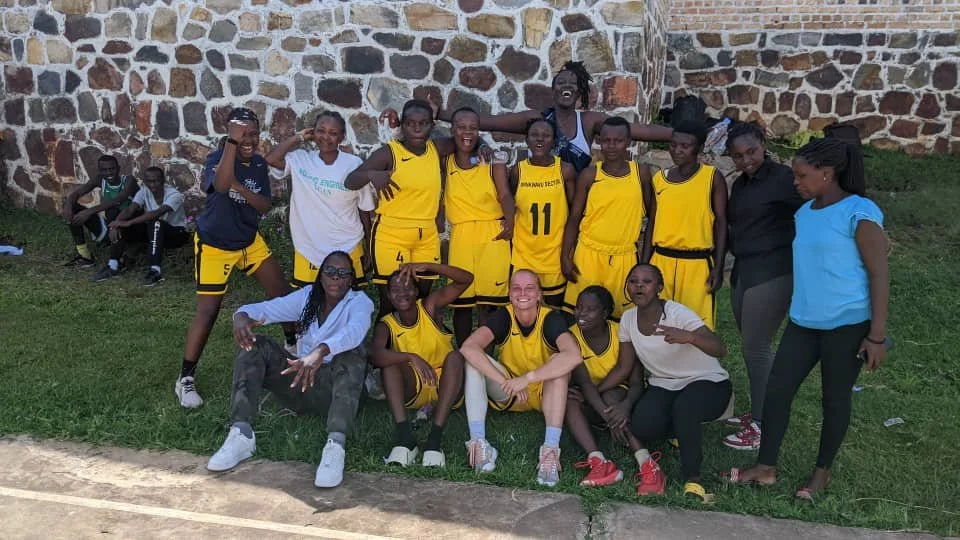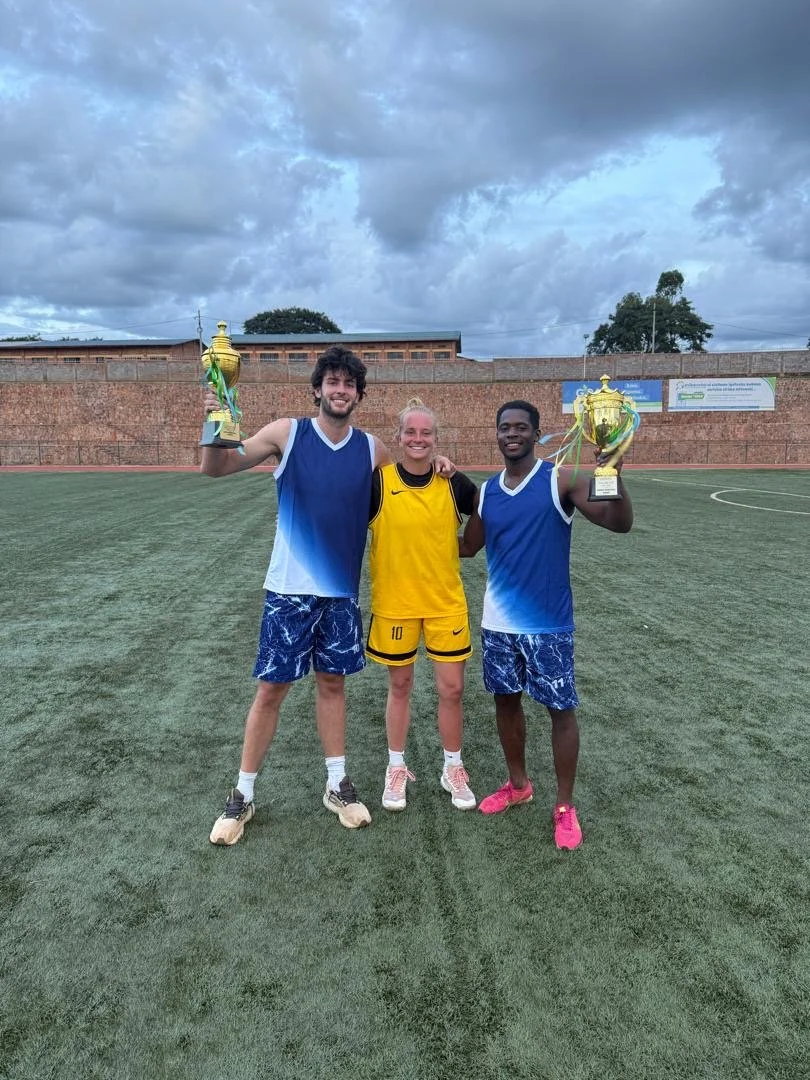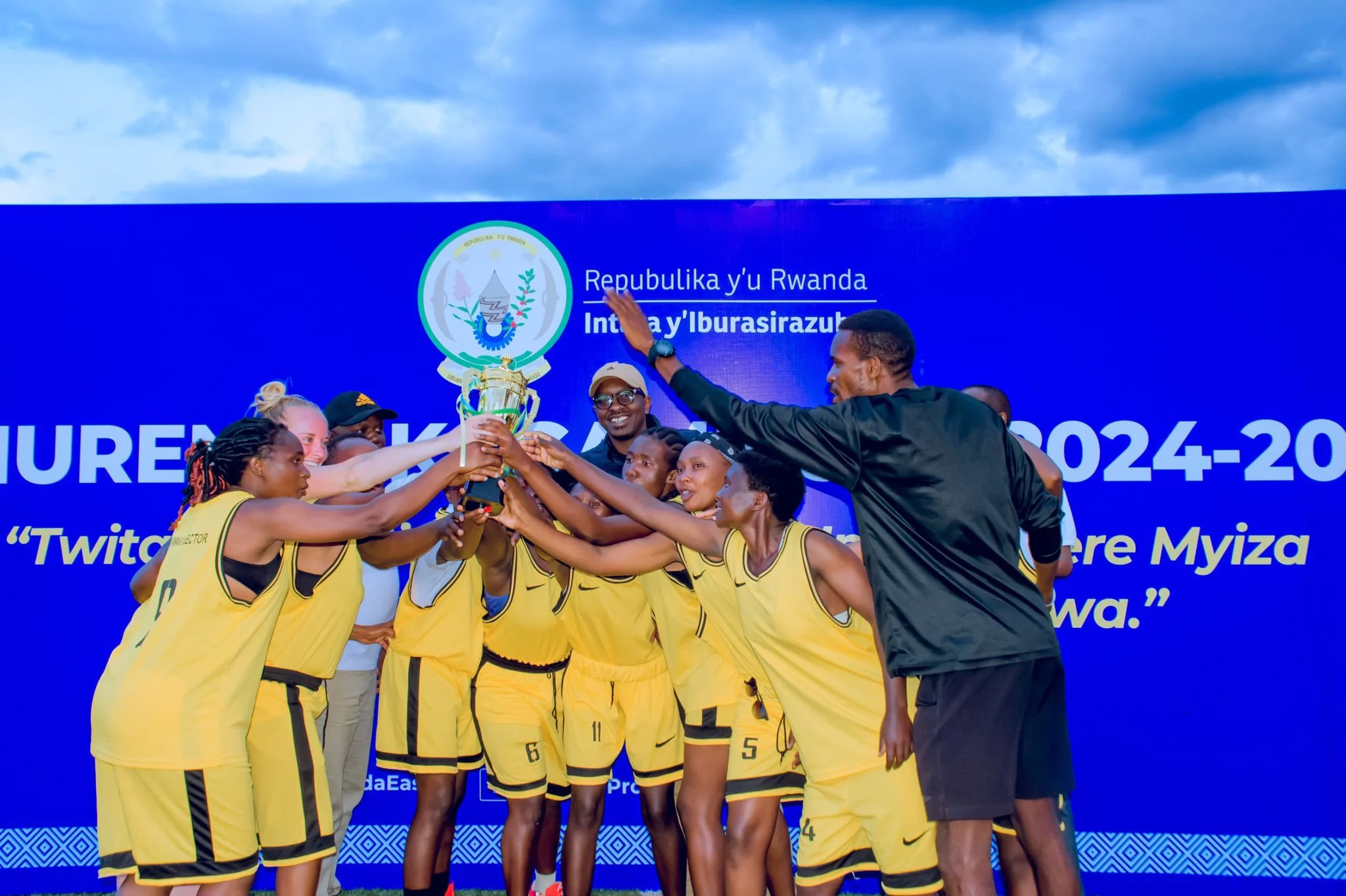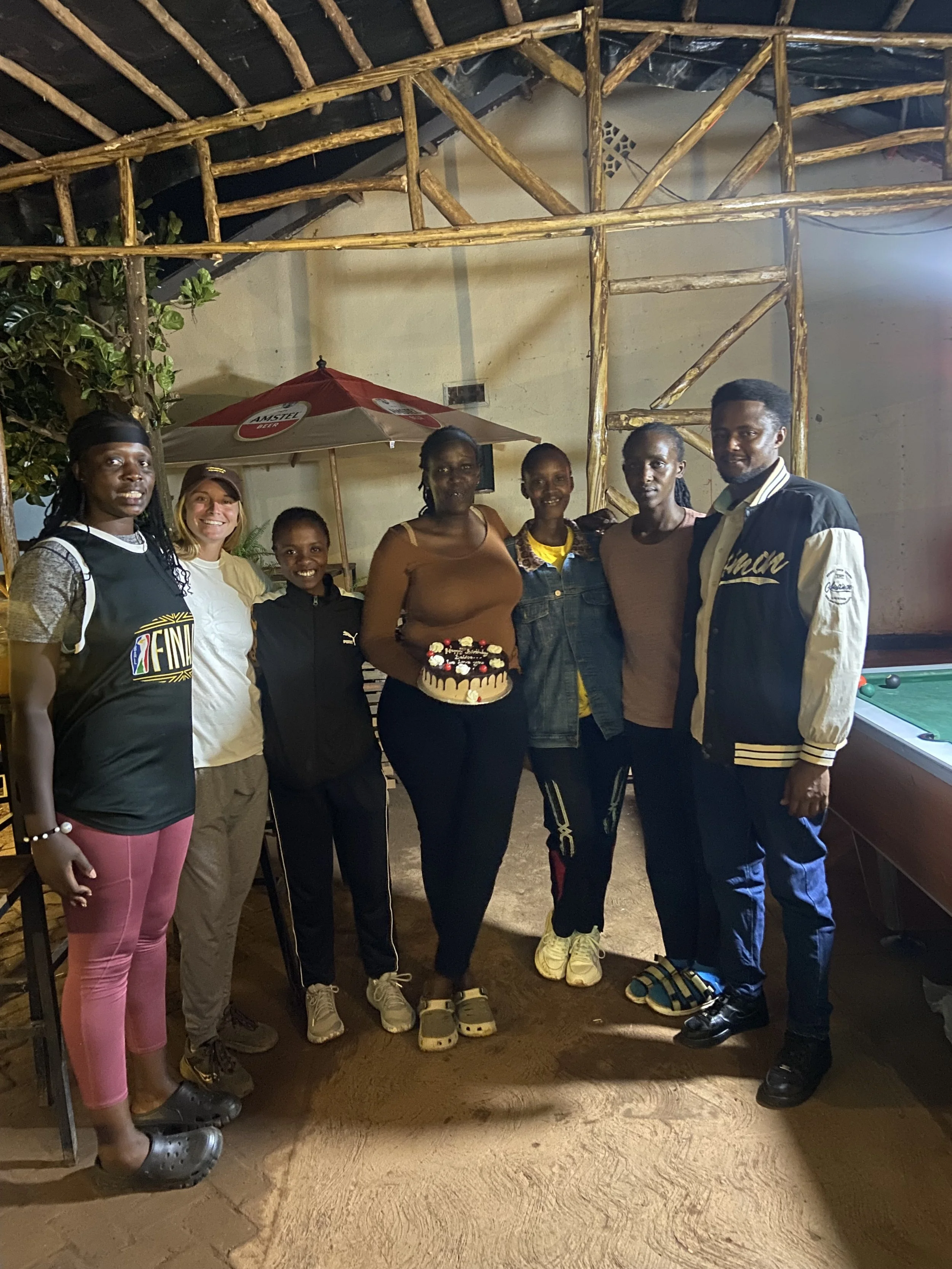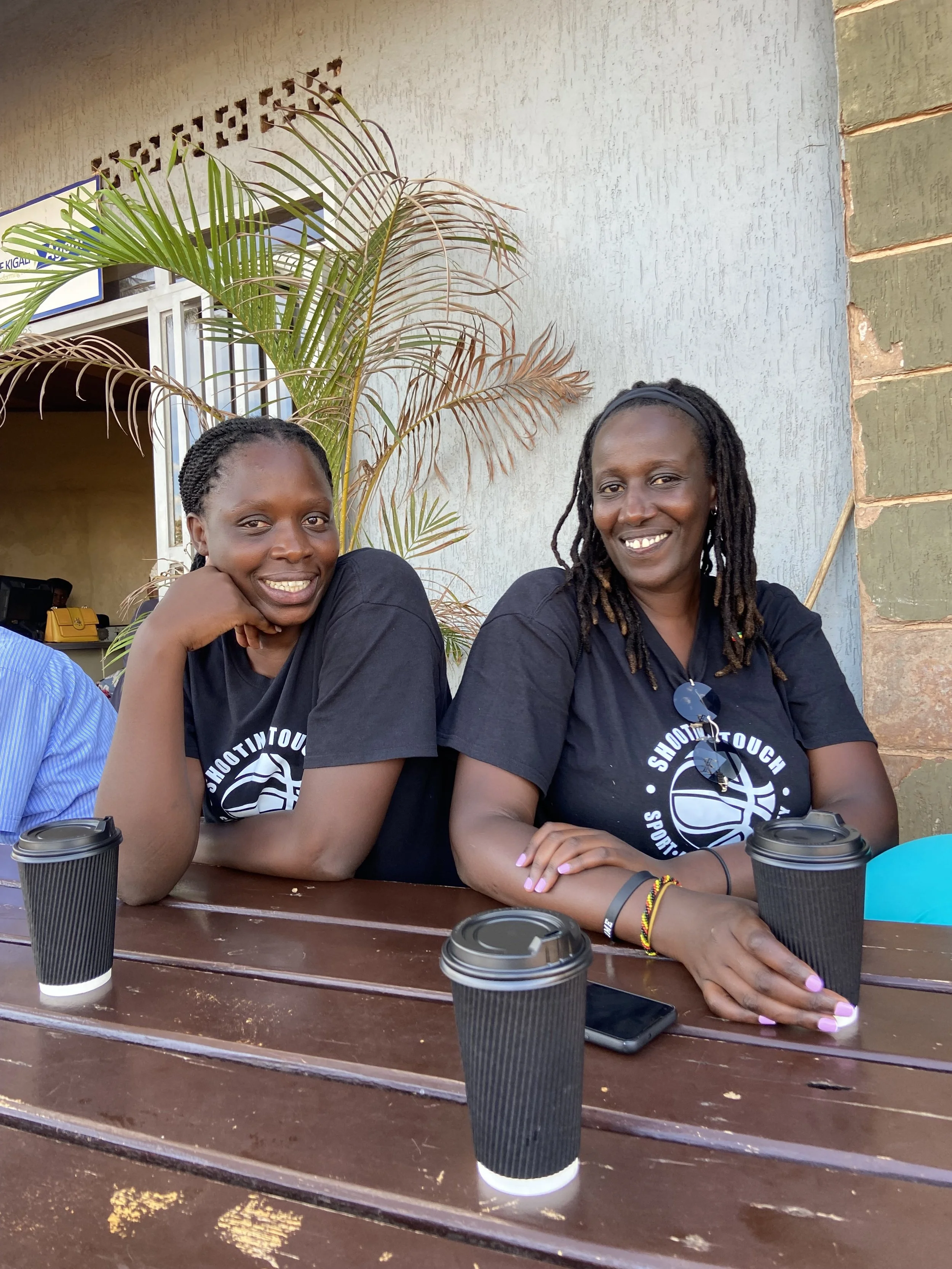Wednesday March 19
18:55
Remember in my previous blog when I said March was about to be a busy month? Considering it’s more than halfway through March and I’m just now starting my first entry, busy is an understatement! If these past few weeks have taught me anything, it’s that nonprofit work requires an ability to juggle several things at once and wear many different hats. Compartmentalizing is a skill that you build (whether or not you want to) because if you fail to, you become easily susceptible to analysis paralysis. How do I know this? You probably guessed it - from personal experience. While I can physically juggle (shoutout to SWRCUS), my metaphorical juggling skills need work. From a capability point of view, I can do more than one task at a time, however, dispositionally speaking, moving on from one task before I’ve completed it in its entirety makes my skin crawl. Needless to say, I have had to move on from many tasks before full completion this month, owing mostly to the nature of the work, and in part to the operational time difference between the Rwandan and Boston ST staff. This has applied not only to my work experiences, but also to my personal endeavors. If March had a motto, for me it would be: Marching forward despite feeling incomplete or afraid (in work and in life). How’s that for an aha moment?
We flew into the month at a speed akin to the hundreds of cyclists who raced through the streets of Kigali as part of the Tour du Rwanda in early March. Kojo and I stumbled upon a portion of the race after leaving a cáfe and seeing people (excitedly) running toward a crowd gathered at the end of the street. Our curiosity led us into a quick jog to learn what the commotion was all about. In doing so, we stumbled into a front row view of one of Africa’s most celebrated cycling events. Something about being in a crowd of people cheering for absolute strangers, who we later learned were tackling the final stage of an eight stage, 804 kilometer race through 23 districts in Rwanda, gave me goosebumps and watery eyes. Those 30 minutes were easily some of the most serendipitous of my life.
Thursday, March 20
09:38
Following an exciting and spontaneous start to March, I attended a 3-day conference in Kigali, called the Africa Health Agenda International Conference (AHAIC). As this was my first time attending a conference, I learned a lot about topics related to global health from expert panelists, as well as the ins and outs of attending conferences. Despite not feeling ready for the conference due to my lack of experience, I felt the fear and walked through the doors anyway. My overly ambitious self quickly learned that attempting to attend as many discussions as possible without scheduling in any breaks actually detracted from my experience. For an introvert like me, alone time is crucial to recharge, especially after hours spent talking to new people. I also learned that I still eat like an athlete when it comes to unlimited access to a buffet (and showed no shame about it).
The recent (and abrupt) U.S. administrative actions regarding international aid were definitely an elephant in the room throughout the conference - to such an extent that, when relaying all of the countries in attendance, the opening speaker joked that the African attendees should definitely check in on their American friends. Regardless of one’s stance on the decisions made, the response in the room was admirable. Leaders from all over Africa emphasized how the recent U.S. funding revocation provided a wake-up call and opportunity for Africa to become self-sufficient by focusing on building self-sustaining, innovative, and homegrown health care systems and financing techniques. While this response will not stave off all of the very real, detrimental and immediate effects of the funding loss, if effectively implemented over time, it points to a future in which external factors, like cuts to international aid, will be small potholes for African countries as opposed to road cave-ins. Given many African countries’ current health spending capacities, i.e., $40 per person compared to a U.S. $14,500 per person, the speakers accentuated the value and cost-effectiveness of strengthening preventive health measures through community health workers at the primary care level. This approach is one that would also benefit the U.S., especially considering that despite our staggering health care expenditure, our health outcomes are no better than other high-income countries (in fact, we rank the lowest in many common health metrics).
"Here's to strong women, may we know them, may we be them, may we raise them”
Tuesday, March 25
15:09
Following the AHAIC, Shooting Touch hosted a ‘Basketball for Equality’ event in the Rilima sector of Bugesera District. To be candid, in the week leading up to the event, my gastrointestinal system was in a ceaseless battle against the runs, and losing pretty convincingly. I spent a handful of days wasting away in bed while trying to stomach the blandest of foods, and wishing I had my mom near.
This experience reaffirmed that no matter how old (and hopefully wise) I get, I’ll always crave my mom when I’m feeling ill and/or vulnerable. Although not feeling 100%, I am grateful that I was able to attend the event in Rilima because it provided another tangible example of Shooting Touch’s widespread impact.
Hundreds of people from the surrounding community gathered to watch the basketball tournament, receive health testing, and listen to guest speakers discuss critical topics, like the importance of creating a gender equal society in order to move forward as a country. I played more of a background role throughout the event, and learned a lot by observing the Rwandan staff and coaches. Most importantly, I saw how things would run perfectly fine without the Fellows and/or international staff. Although at first, this realization generated conflicting feelings about my purpose, further reflection led to a decentering, and a heightened awareness that I would not want to be a part of an organization that is not led by the locals, for the locals (read: it’s so much bigger than me and my ego). At the same time, Sam’s departure from Shooting Touch highlighted the profound impact an expatriate colleague can have when they constantly decenter themselves and amplify the strength of local staff. Murakoze cyane, Samu!
Monday, March 31
14:34
The second half of March continued to move at a pace faster than I could capture. From prepping for and delivering International Women’s Day (i.e., ST’s biggest event of the year), to hosting U.S. students from Nobles Boarding School, to (very slowly) moving into my house, it’s safe to say my daily caffeine intake tripled for the month. Wrapping up March, I feel a profound mixture of inspiration, exhaustion, connection, and gratitude. Between last minute schedule changes the day of IWD to some less-than-ideal living conditions emerging during the busiest work period, this month tested me more than I’ve been tested in my life (note: a very different kind of test than an ACL tear recovery). Due to some incomplete sealing jobs around my windows and doors, heavy rains flooded my house in a wet welcome to the rainy season in Rwanda. Even with the many days of torrential downpour, my running water stopped working for roughly five days toward the end of the month, which is a common issue in Kayonza District. Most friends who I spoke to about my situation commented that they don’t know how I do it, but I think it is rather simple - when you have no other choice, you find ways to keep marching on.
Sure, I probably smelled a little more than normal because I have not perfected the bucket shower, I cooked (and in effect, ate) way less to conserve water, and my house could really use a deep cleaning right now, but I was still fortunate enough to have a roof over my head, a dry place to rest my head, and samosa in my belly (see below). Simplifying the situation helped me persevere, as did leaning on my Rwandan friends and colleagues. It was undoubtedly a team effort - Chantal deep cleaning my windows, Denise and Delice helping me navigate language barriers at local shops, Didas (my guard) lowering the hooks for my curtains (with a clay stone in absence of a hammer), and Emmy doing everything in-between. They say it takes a village, and I really experienced firsthand how lost I would be without mine.
In particular, Emmy, a friend of ST that helps build our courts and is simply that ‘guy’ when you need something, very generously helped me overcome every move-in hurdle this month. From spending a whole day finding and organizing furniture delivery to my house, to hiring a reliable security guard for my property, to bringing a plumber to the house to add a small stopper piece to the faucet in my kitchen (i.e., the water would run when I turned the handle, but would not stop unless I went outside and turned off the main water source), Emmy deserves more brochettes and potatoes (the Rwandan grab-and–go cuisine) than are probably available in the country. Potentially even more valuable than the physical assistance provided, he helped me navigate the many cultural nuances of the move-in process.
For instance, my jaw dropped when I saw my mattress frame arrive as individual wooden planks tied together on the back of a bicycle, which the workers then assembled upon arrival. After witnessing my dumbfounded look, Emmy responded, “well, how else did you expect it to arrive?” Emmy provided solutions to issues before I even knew they would be issues. No running water? Buy a water tank that stores up to 10 jerry cans of water for washing and cleaning in the next shortage (and not have to worry about catching rainwater in buckets). No beams to hang your curtains on? The guys are en route with wooden sticks that can be cut according to the sizes needed. The one activity that I attempted solo, well, you can see below how that turned out. Fear not, I found creative ways to cover my window until I could properly cover it, and I was able to repurpose the original kitenge cloth.
Each year to commence International Women’s Day, Shooting Touch organizes a 5K March starting from a predetermined location down the road, and ending at our Nyamirama court, where upon arrival, we kick off the event. Unfortunately, we had to cancel the march this year because the authorities were unable to block the road and ensure our safety. I was most looking forward to experiencing the march, so the cancellation was definitely a bummer. However, we created solutions on the fly and continued marching forward despite last minute changes that left us feeling on edge, making it clear that we were receptive to the lesson March arrived to teach us (over and over). Thanks to Kojo’s quick thinking, we organized the beneficiaries and event attendees in a ‘mini-march’ around the court. The best part about this solution was the way the whole team bought in. Our coaches lined the court to make sure everyone stayed on path, and kept the energy levels high. The energy was so contagious that I even felt compelled to jump in and dance around for a few laps (big deal for an introvert).
Despite the abrupt schedule change at the start of the day, the remainder of the event ran rather smoothly. Thanks to ample communication and pre-event coordination of the U.S. Embassy’s visit to IWD (shoutout to Pacifique), we were able to show John Armiger, the Charge D’Affair, and his team what Shooting Touch is all about. As this was my first time hosting and interacting with diplomats on an exclusive basis, the nerves were definitely present. Thankfully, I received ample support from Nobles, especially Alex Gallagher, who serves on Shooting Touch’s Board of Directors and therefore thoroughly understands the work we do. He has also visited Rwanda every other year with Nobles’ students for the past decade, so he can attest to both the growth in programming and the shift in cultural norms and attitudes that he has witnessed since his first visit. If you’re looking to plan a purposeful and ethical educational trip abroad for high school students, you should definitely talk to him!
Following the busyness of IWD, we hosted Nobles for an exclusive day with Shooting Touch at our Rwinkwavu court. To start the day, Alex ran a coaching clinic for all of our coaches, while Kojo and I delivered a ‘Nonprofit 101’ workshop in the library (with Mami, a dog in Rwink that follows the Fellows around everywhere). Similar to my feelings before the AHAIC Conference, having never led a workshop prior to this left me questioning if I was ready. Thankfully, the Nobles students’ high level of engagement and curiosity made the workshop facilitation super easy. For the final activity, we split them into two groups and tasked them with creating their own nonprofits, one based domestically and the other in Rwanda. Needless to say, the nonprofits each group created were detailed, thoughtful, and impressive given the 30-minute window they had. I would not be surprised if we were in the presence of future nonprofit founders!
After a productive morning, we gathered the group back together to debrief and plan for our next activity: home visits. I always feel a bit nervous heading into these visits due to their intimate and vulnerable nature, but I leave feeling purposeful and re-energized after directly hearing about the impact of ST’s programming on individual lives. I also feel obligated to give the Nobles students their flowers - I think about who I was at 17 or 18, and know for a fact that I would not be ready for a trip like the one they made to Rwanda. When visiting Joseline, our host for the day, my group established a well-balanced and respectful mixture of asking her questions while allowing quiet time and space for her to share her story at her own pace. The reflections that the students made during our post home-visit group debrief once again left me impressed - at such a young age, they showed an ability to decenter themselves and fully embrace another culture, while openly questioning their own biases and stereotypes. This is a testament to Nobles’ schooling and staff, but also to the student’s willingness to put themselves in a position to do so.
The remainder of the month was filled with more good things - a Rwanda vs Lesotho World Cup qualifying match in the beautiful Amahoro stadium, representing the Eastern Province in the Kagame Cup tournament, and celebrating Coach Delice’s birthday. As I am technically a Rwandan resident per my visa, I am eligible to compete in the Umurenge Kagame Cup - an annual tournament run across the sectors of Rwanda to promote good governance and health through sports, as well as to mobilize citizens for sport and competition. My team (and the boys’ team) won the Eastern province and will now compete against other provinces in May.
While I’ve enjoyed playing again, what I’ve most cherished about the tournament are the opportunities for connection it provides. Many of the coaches and players are Shooting Touch beneficiaries or alumni, so we are actively strengthening our relationship AND increasing Shooting Touch’s exposure across the country. Does it get better than that? Outside of work and the tournament, I’ve also focused on creating opportunities for the team to connect, which has been surprisingly easy as most of the staff express interest, it is just a matter of planning and mobilizing everyone.
It has been a month of trial and error, but three things have enabled me to march forward despite feeling incomplete or afraid:
(1) giving myself grace on this learning journey
(2) staying open to learning from locals and creating opportunities to connect
(3) trusting that I’ll find solutions and make the most of any situation (with the help of my village)
Thus, marching forward despite feeling incomplete or afraid - it’s about embracing the journey and focusing on progress, even when you don’t feel fully ‘there’ or ‘ready.’ I will continue to march forward with my fears, leaky ceilings, cold showers, not-fully-sealed windows and doors, unexpected power outages, and pending work tasks, because without them, I would not be challenged to appreciate the whole journey. Plus, if I waited until I was ready, I never would have known what it feels like to sip a latte on a warm, sunny day while winding down into the valley on the back of a moto. Or to feel the cultural barriers shatter as I laugh until I cry with colleagues that become like family. And let me tell you, those feelings alone make it all worth it.

